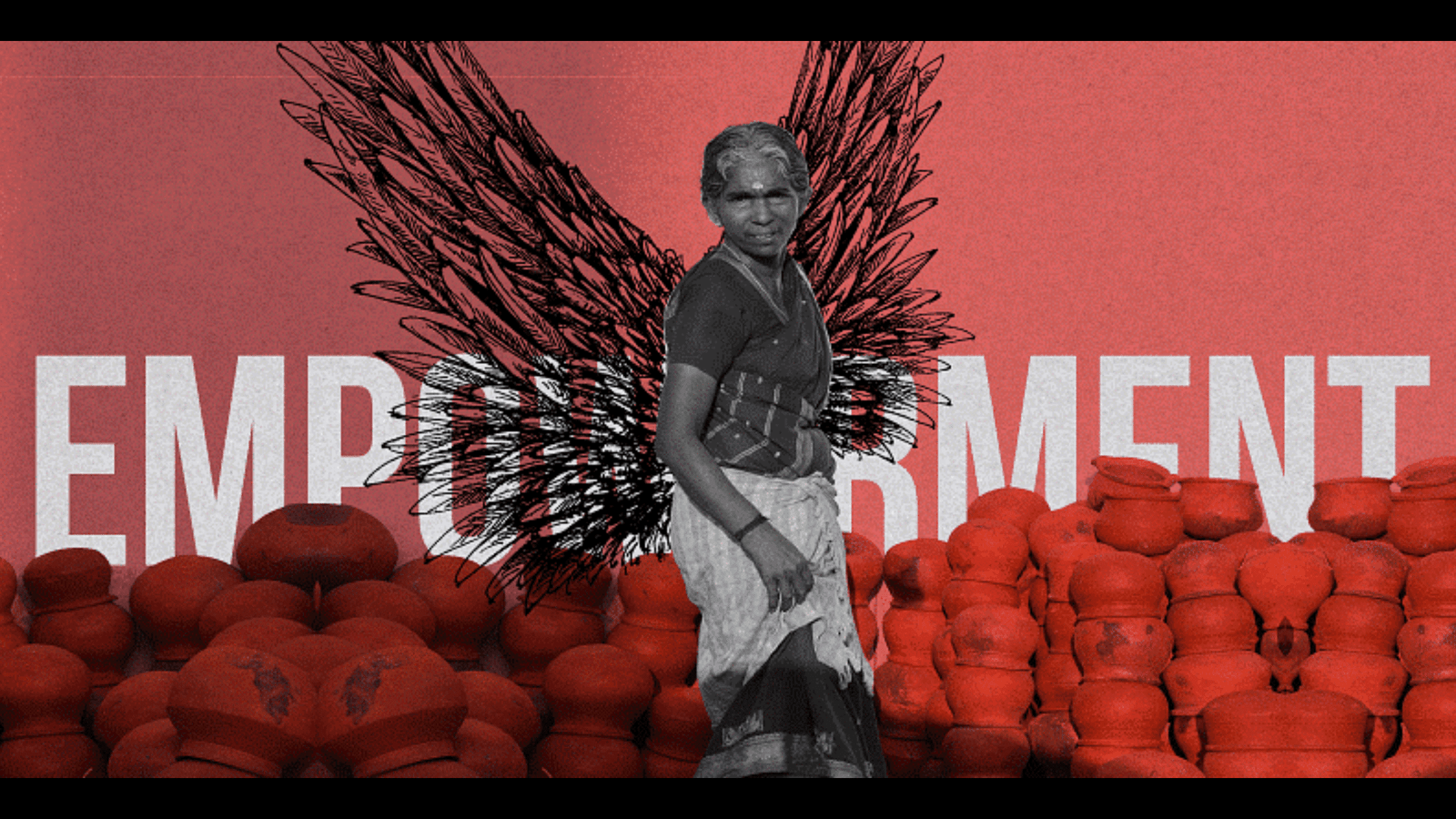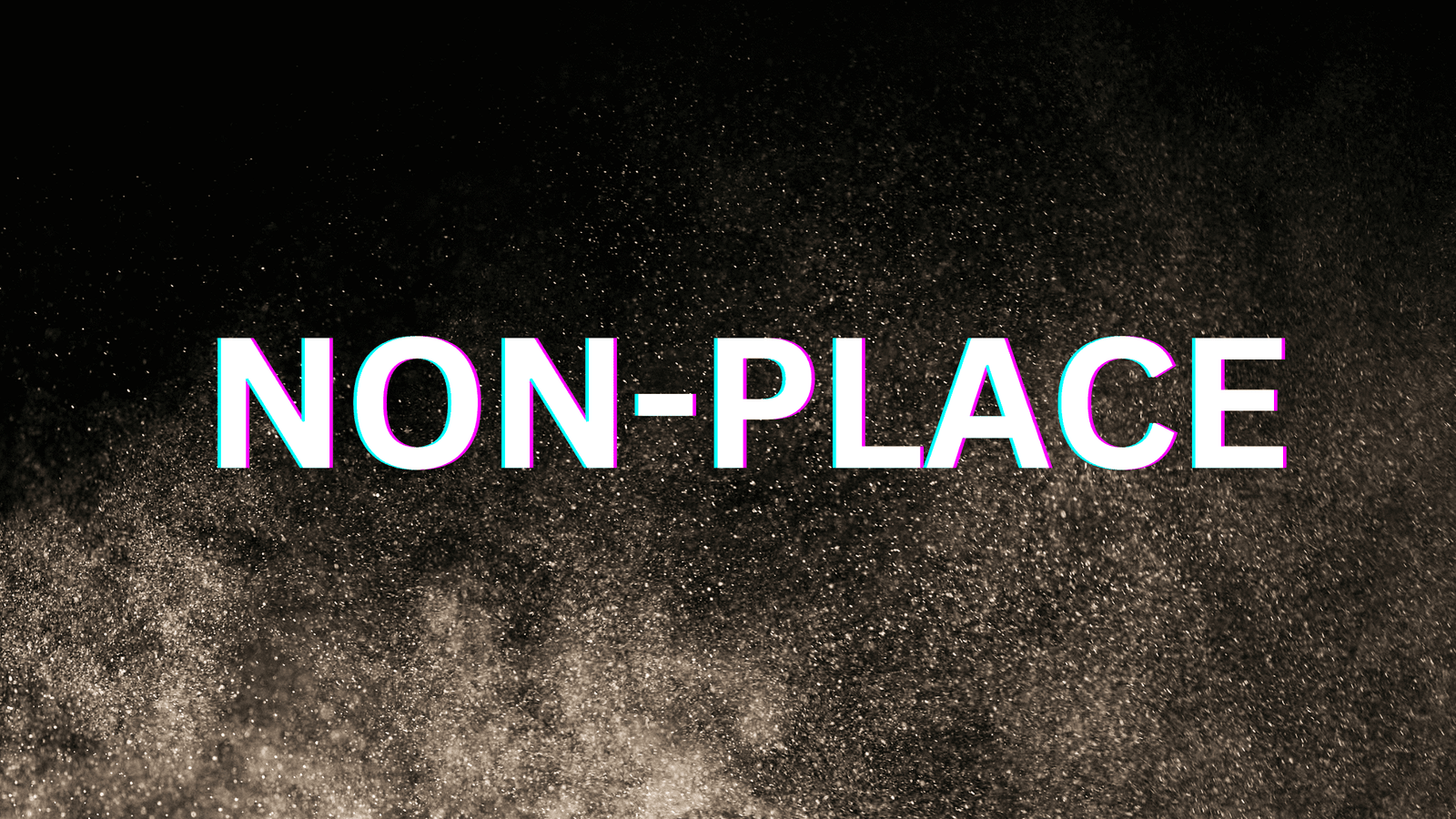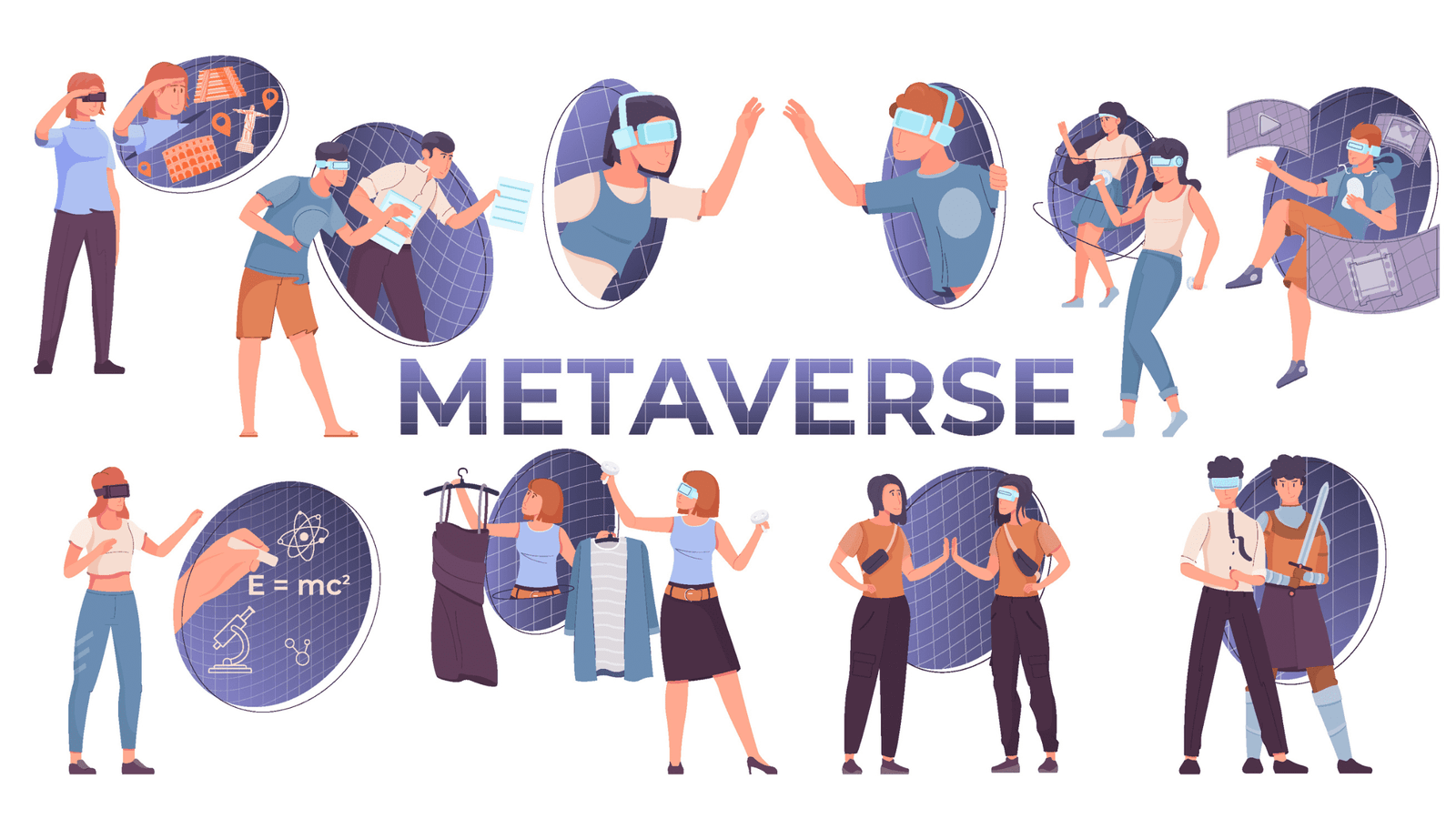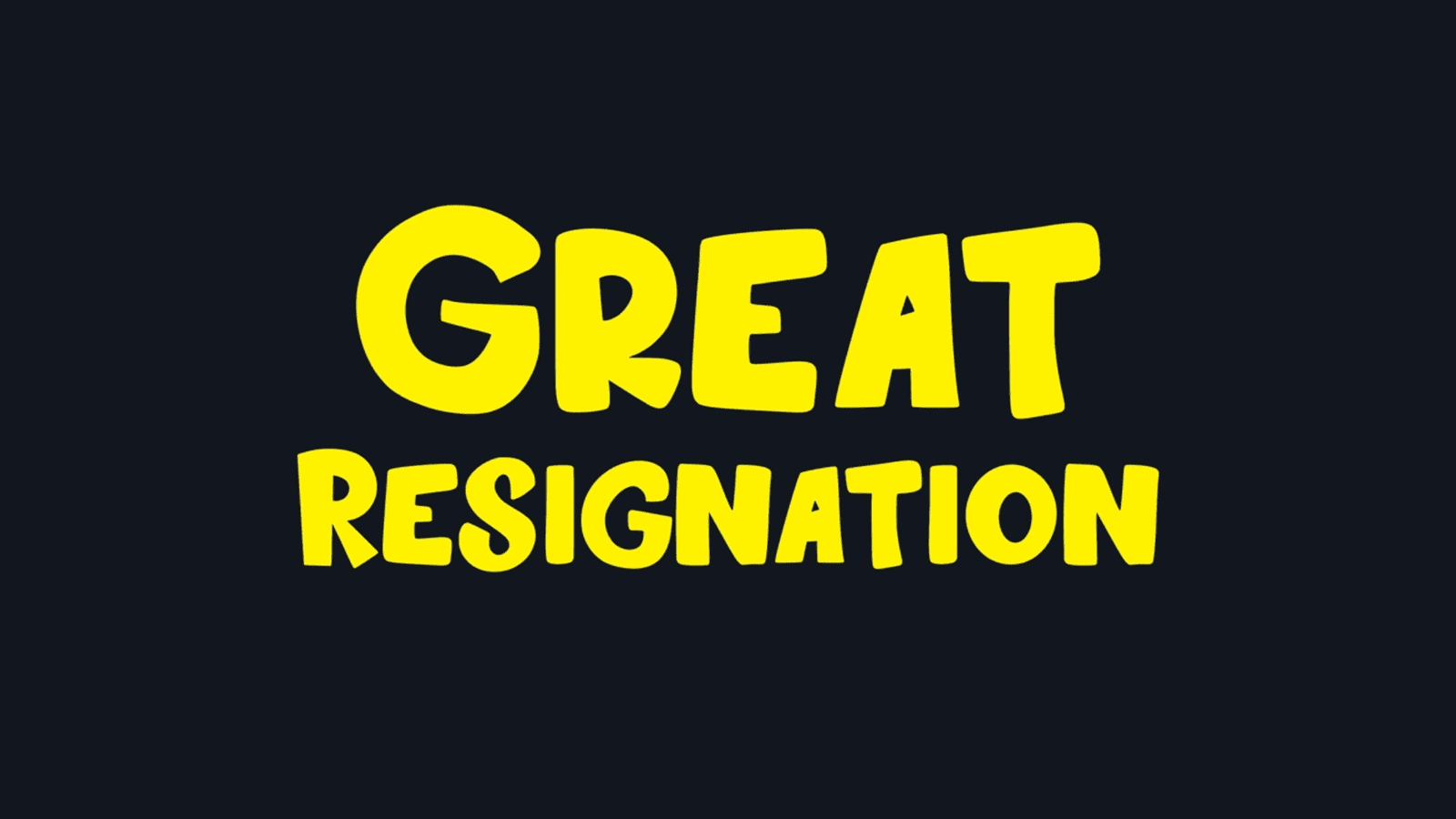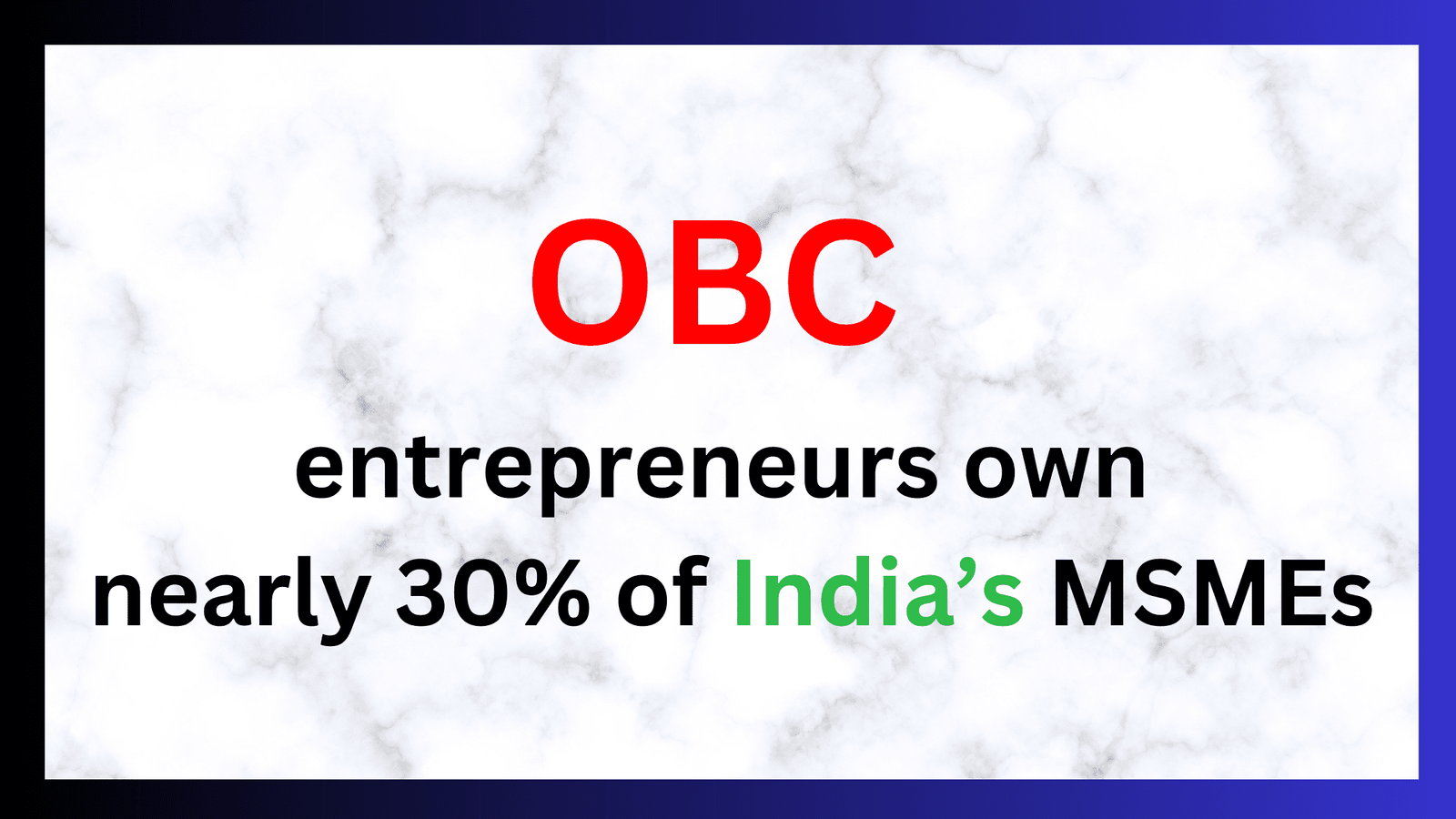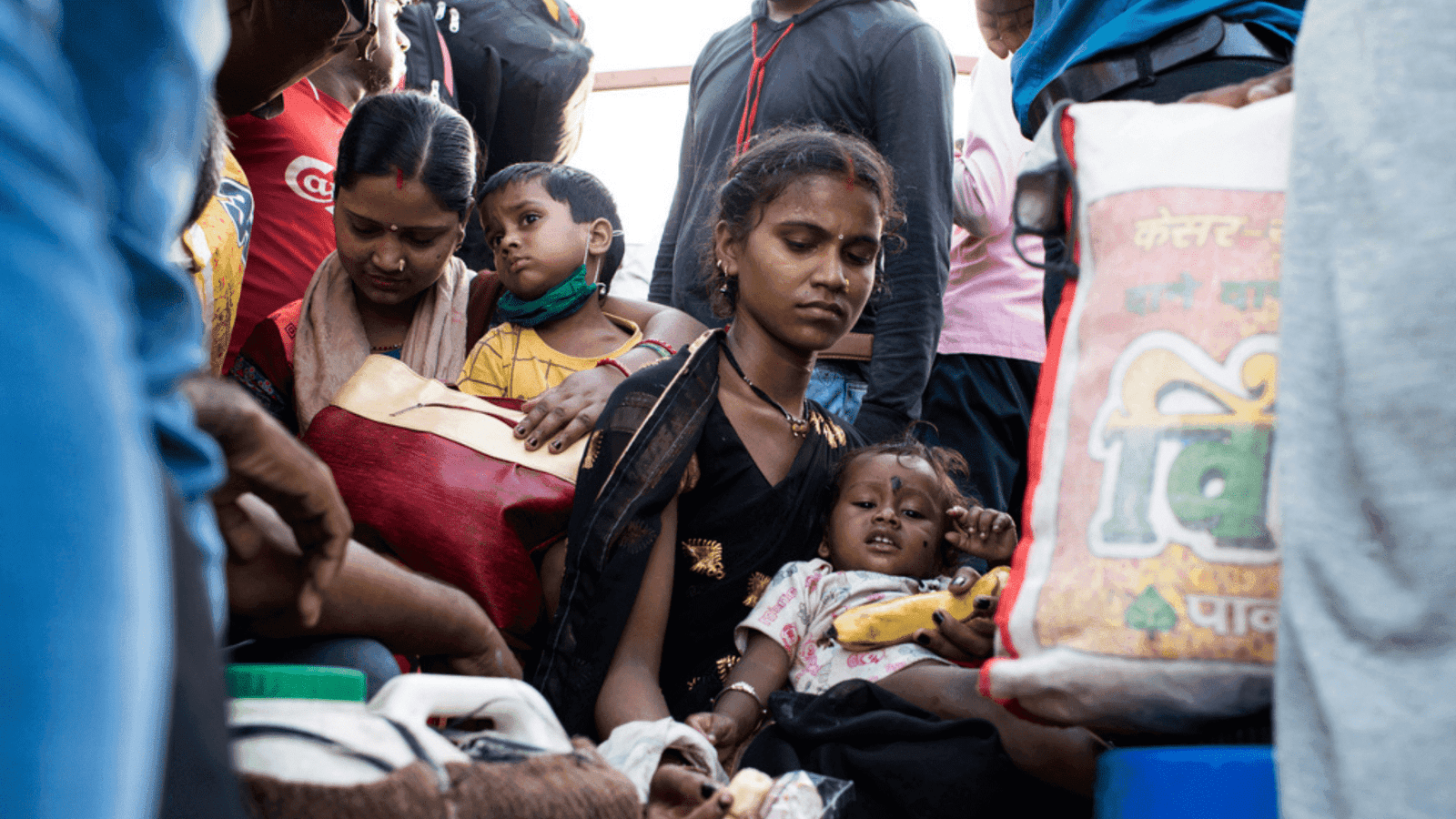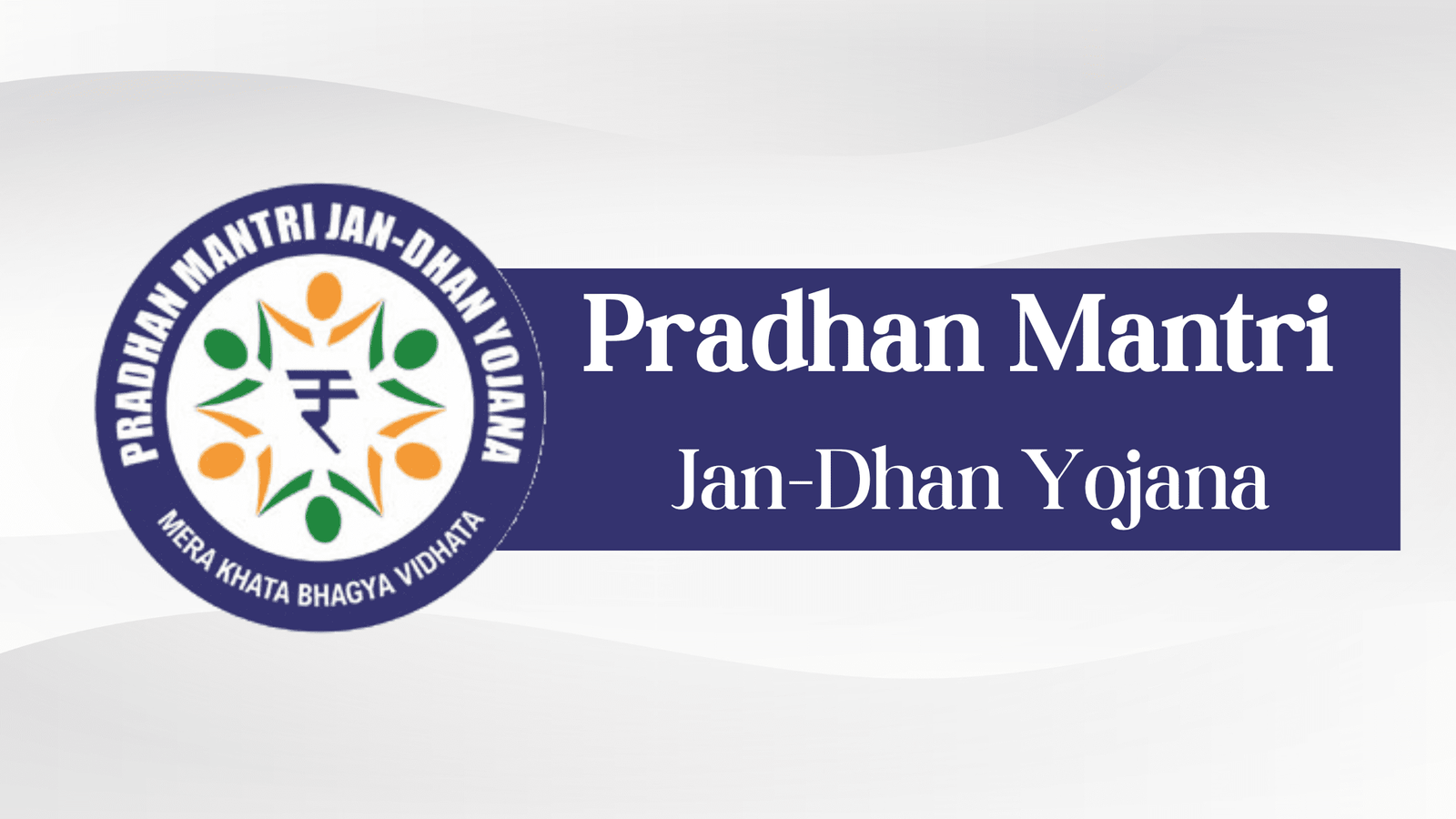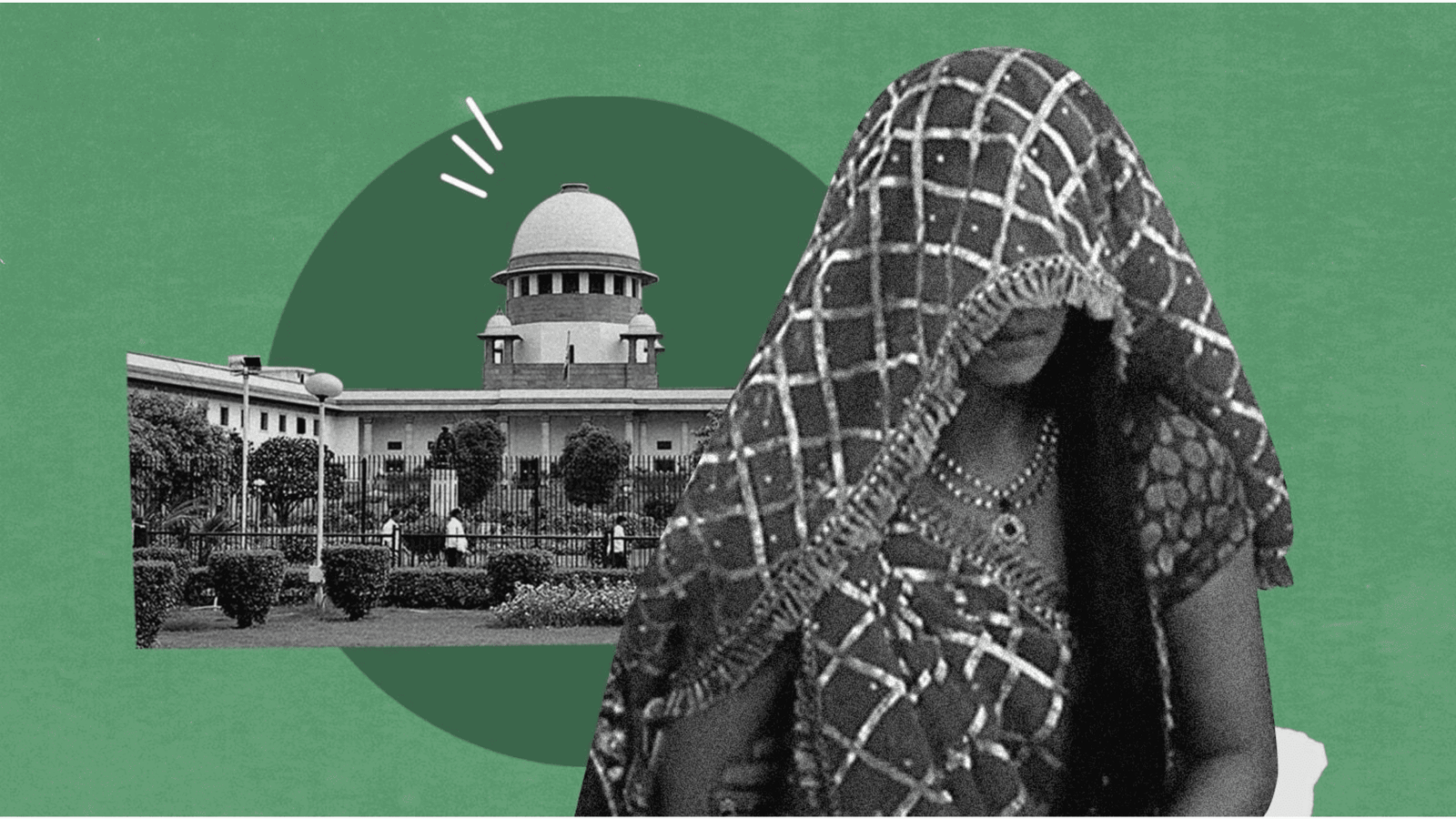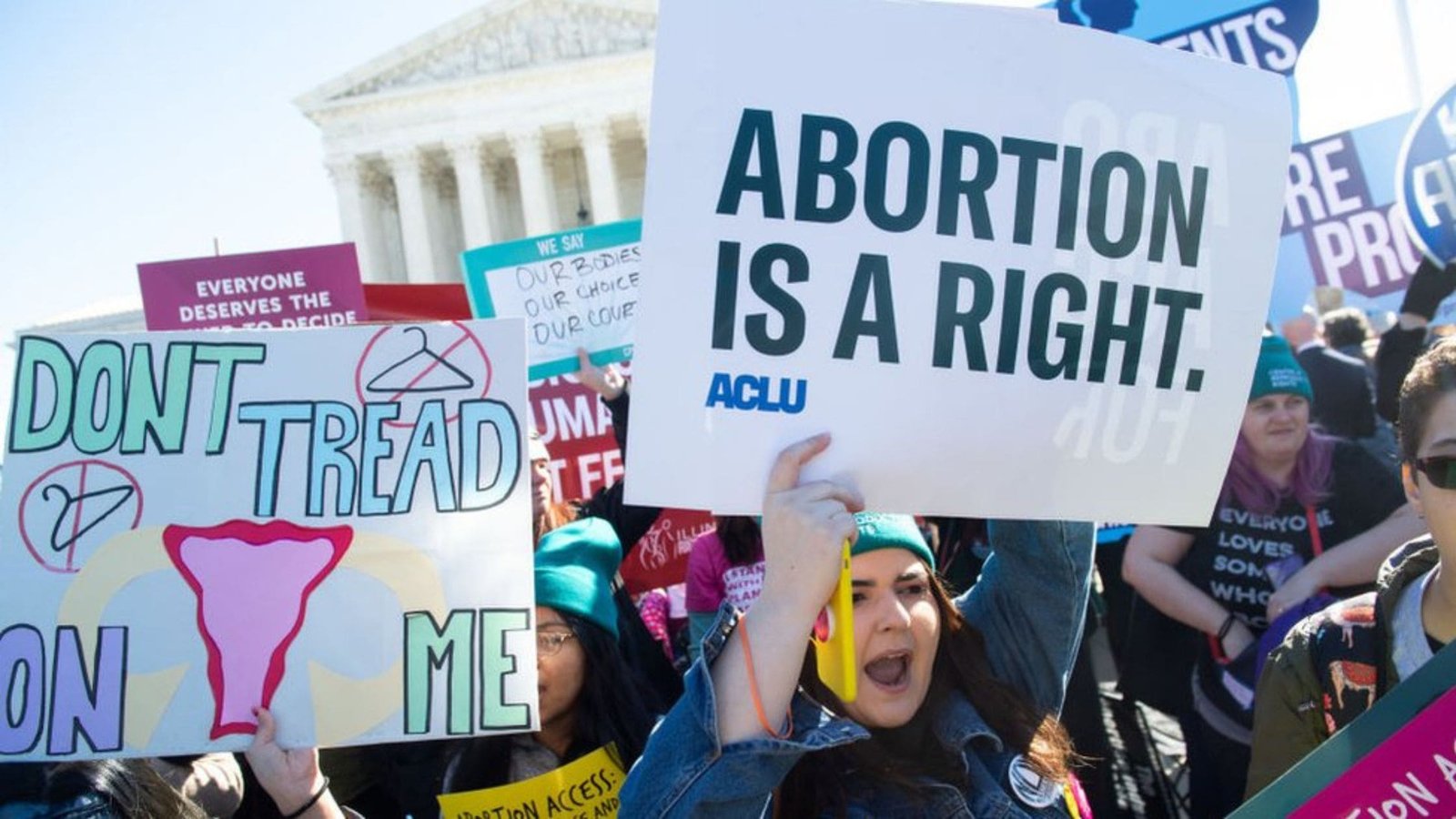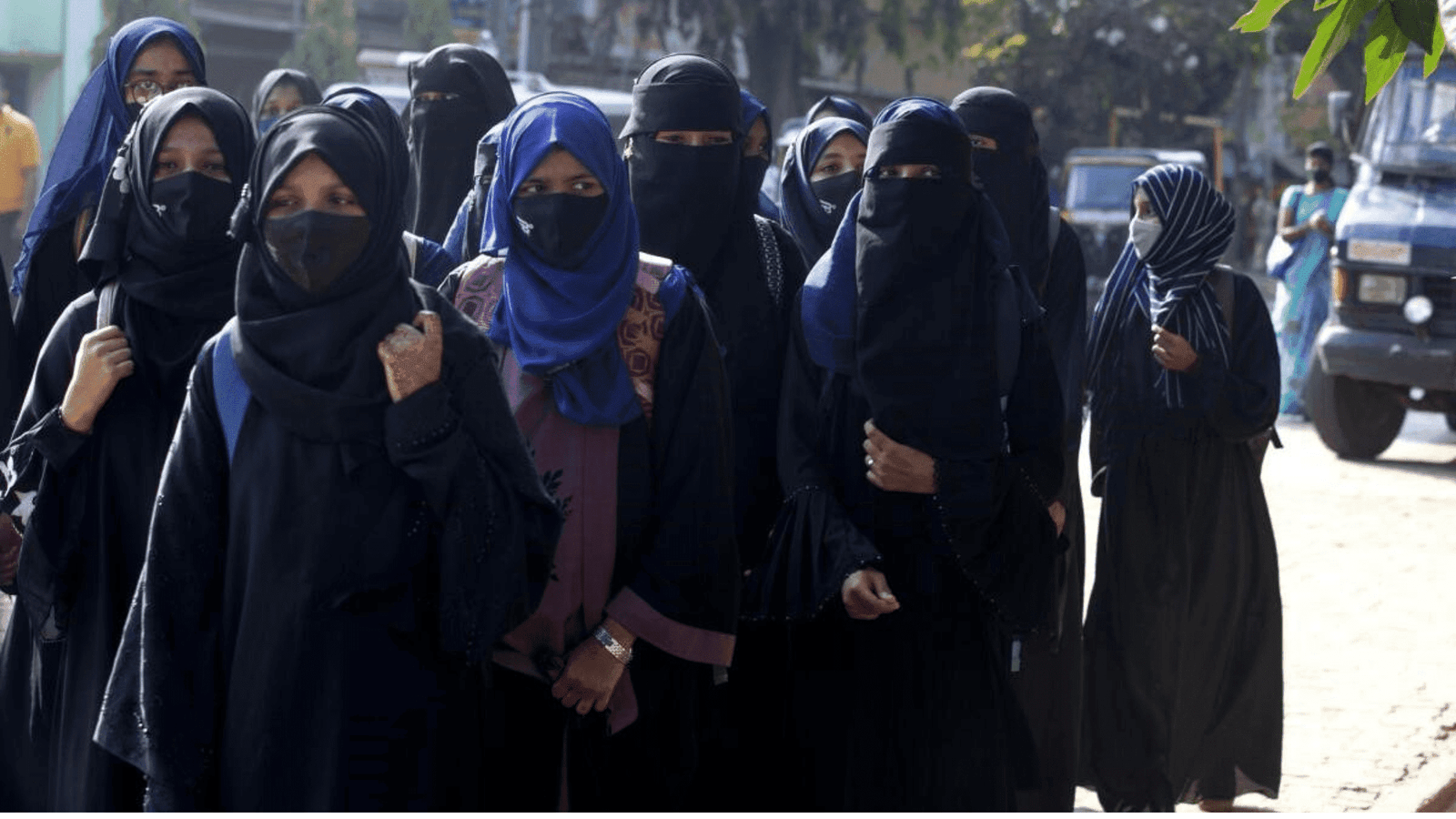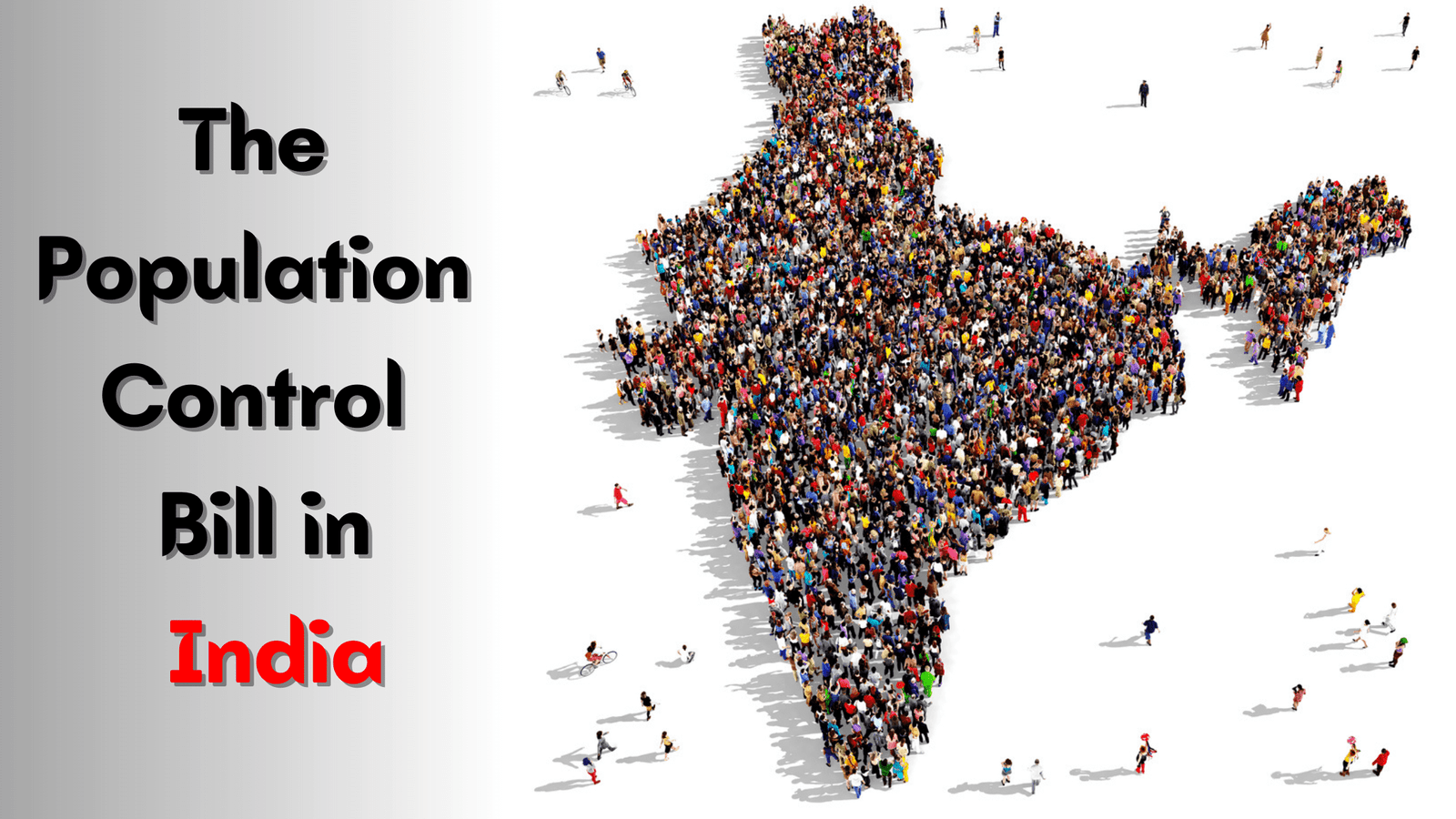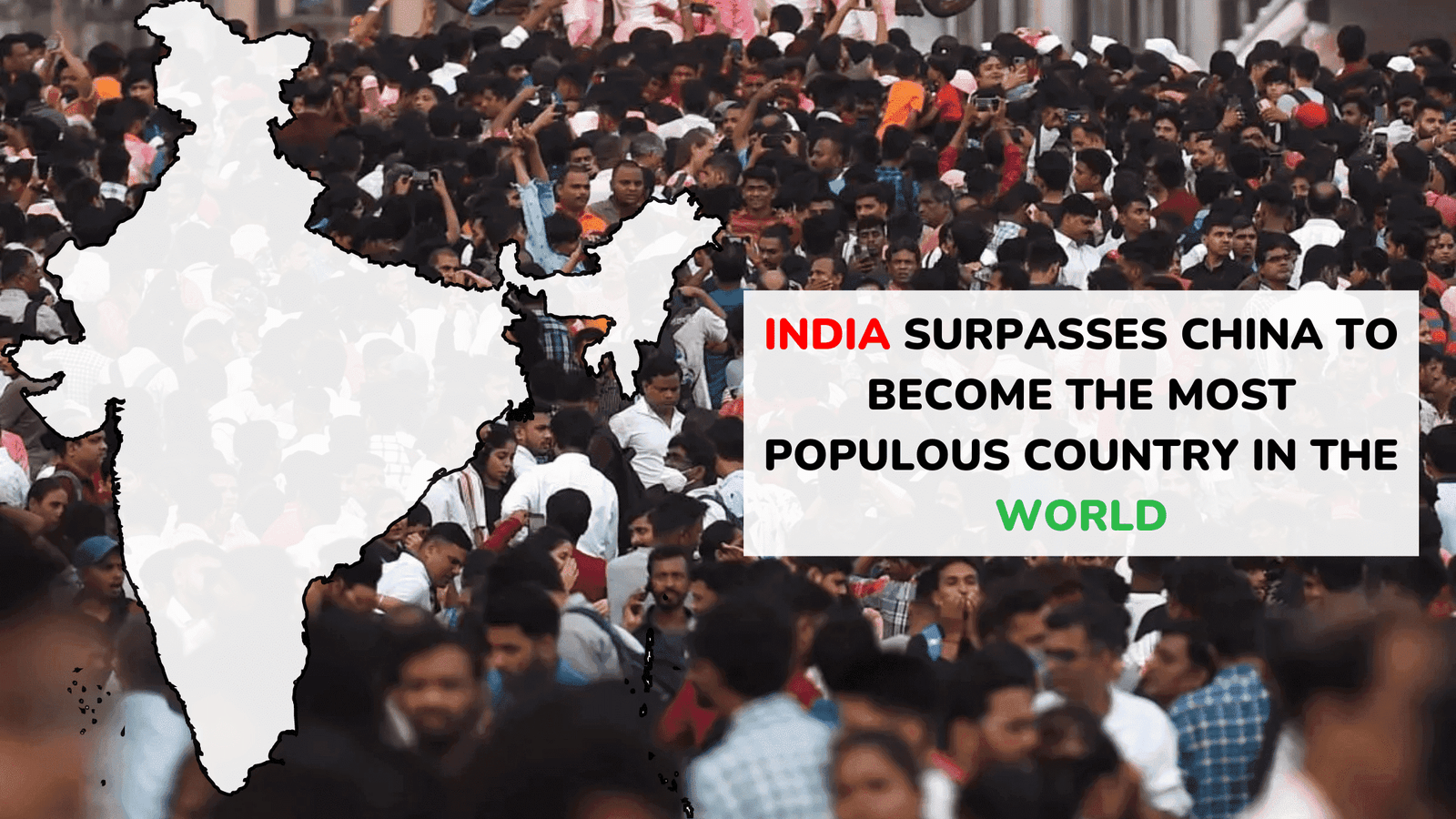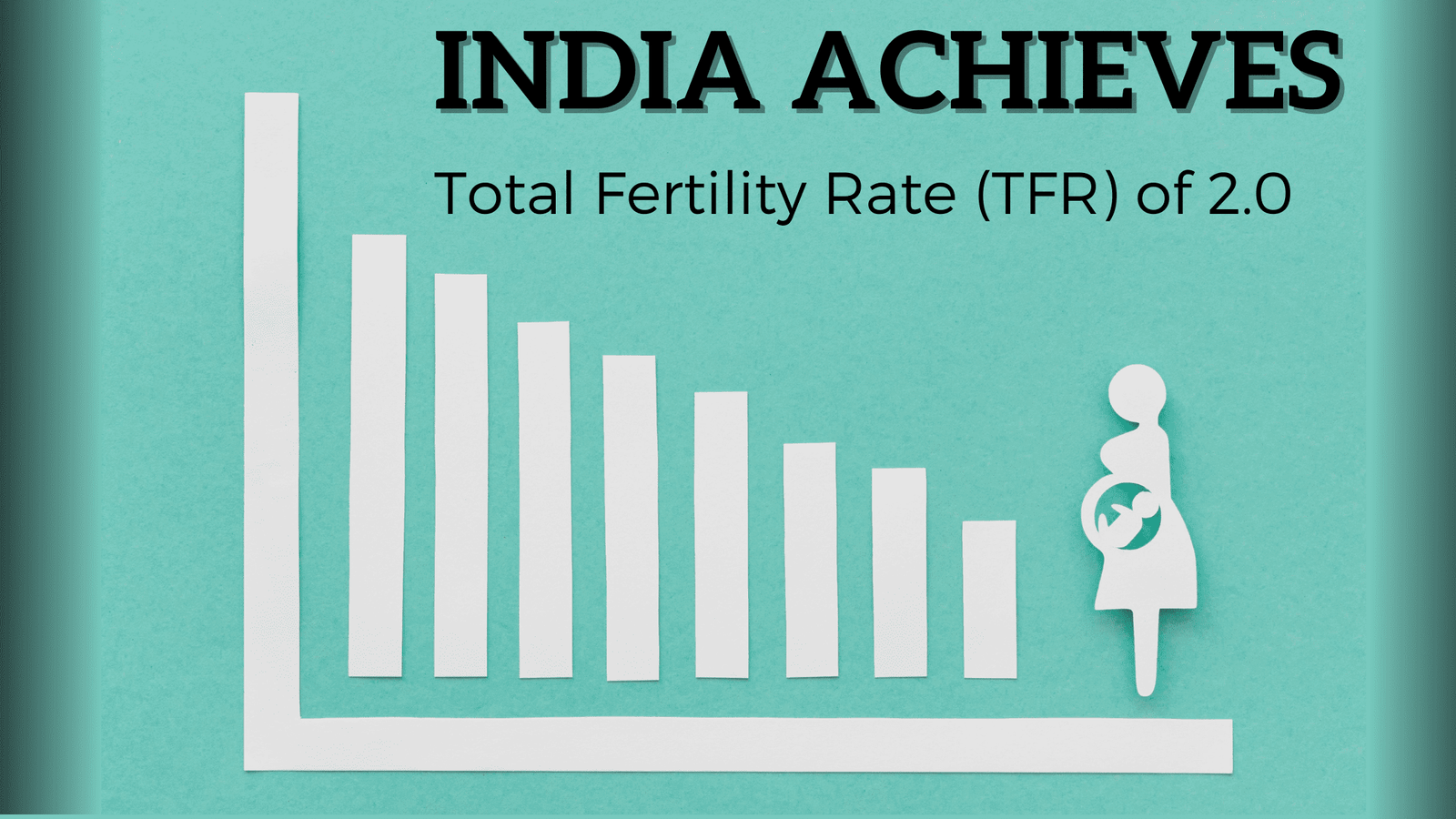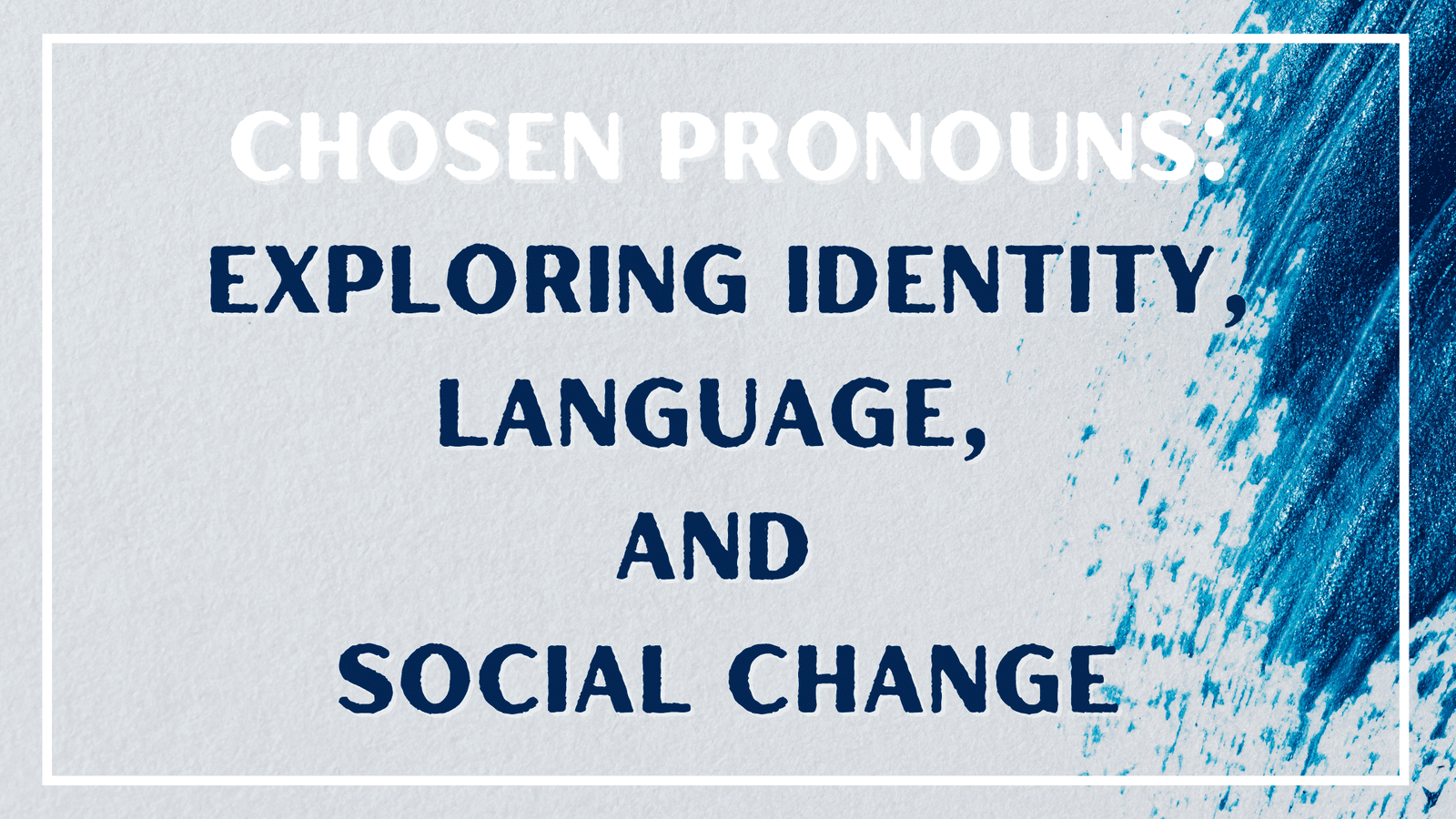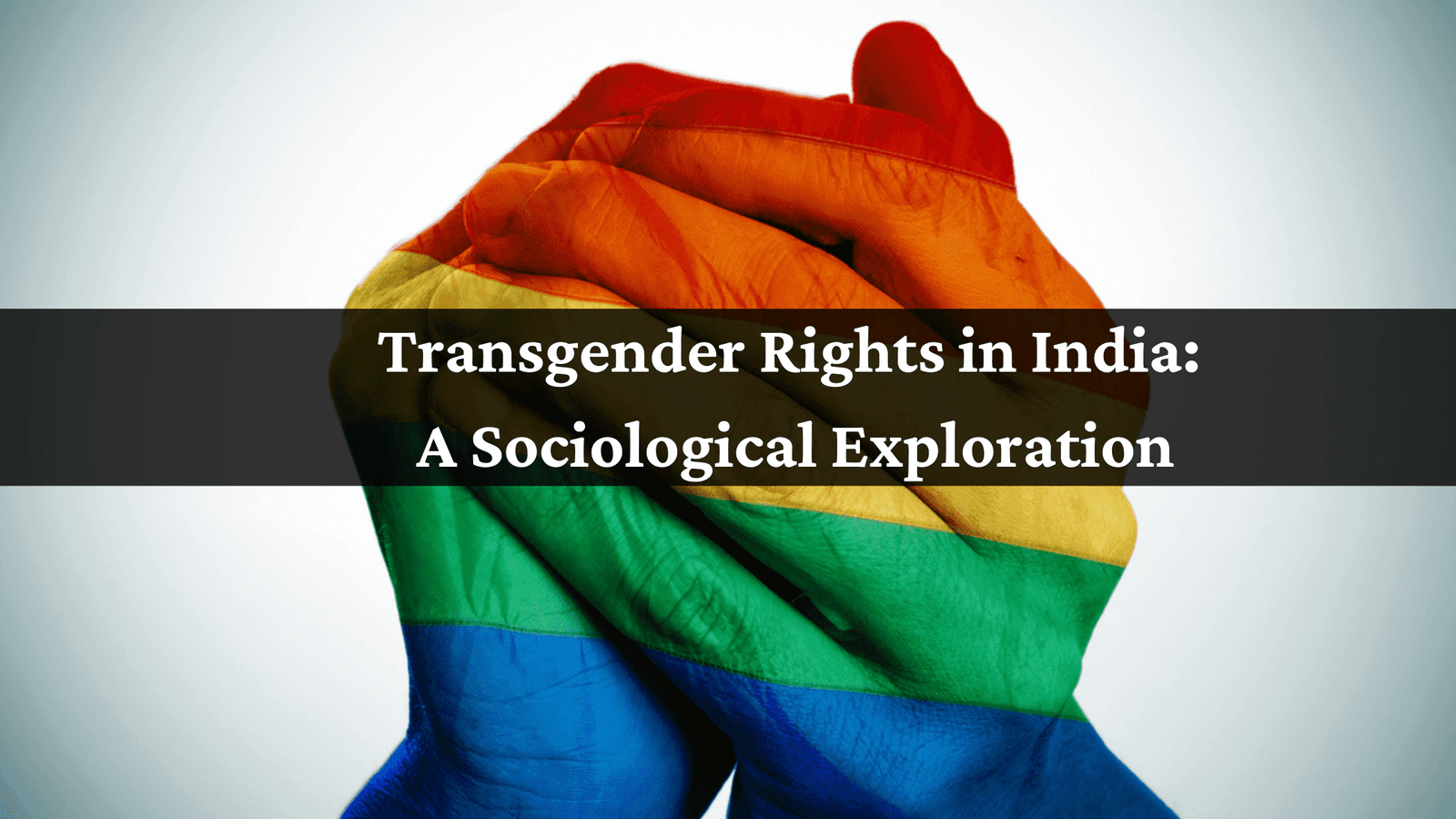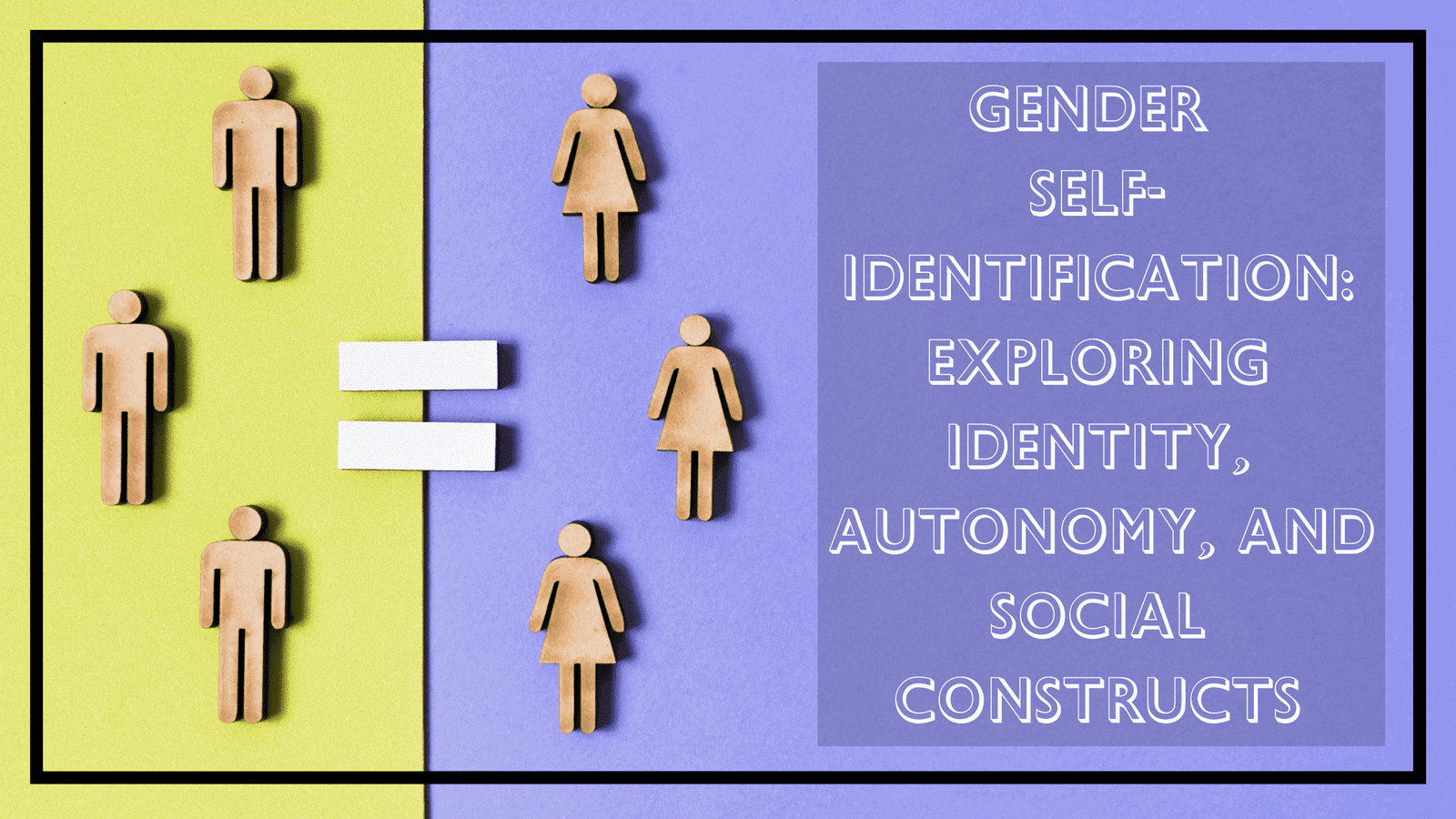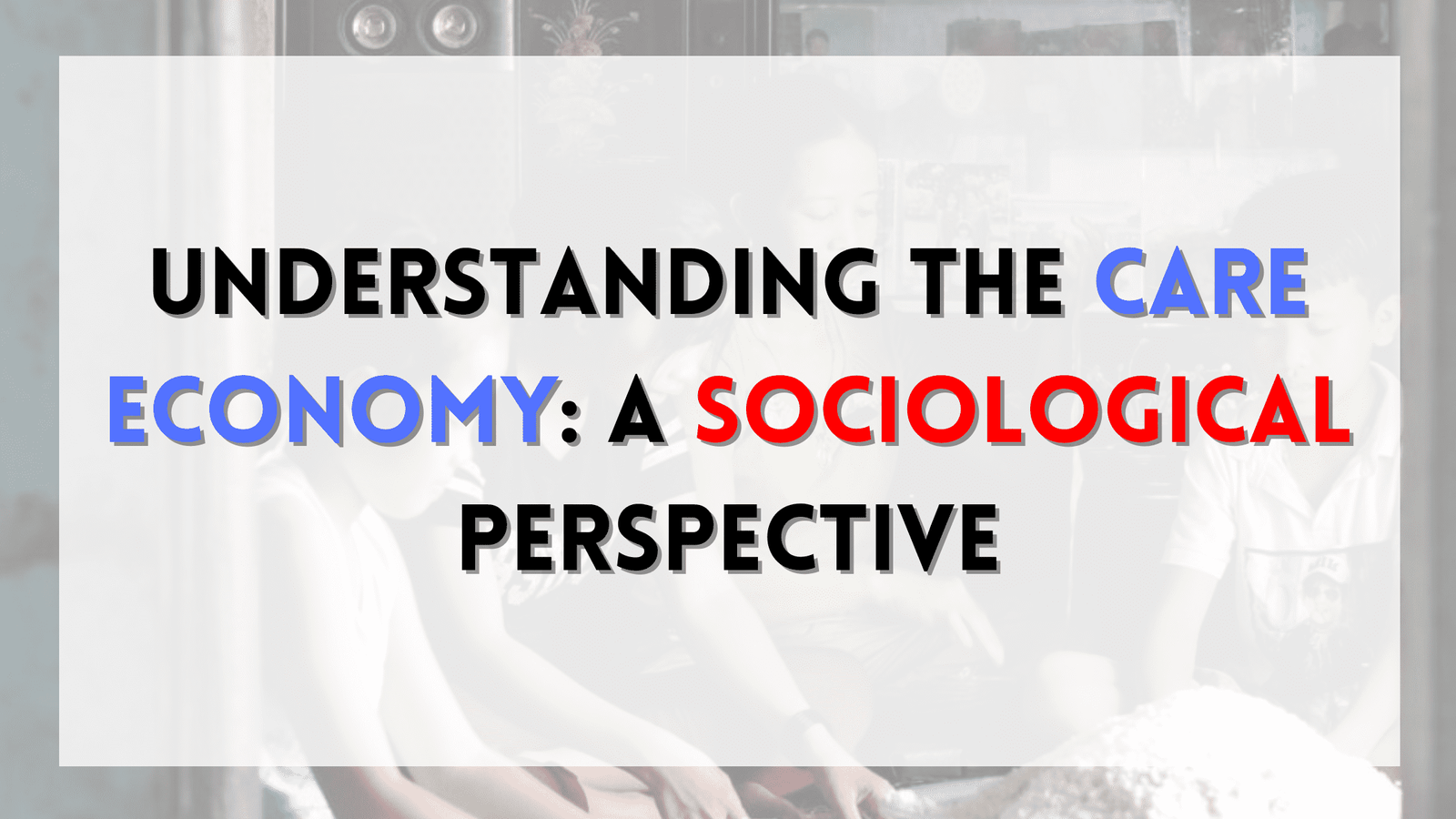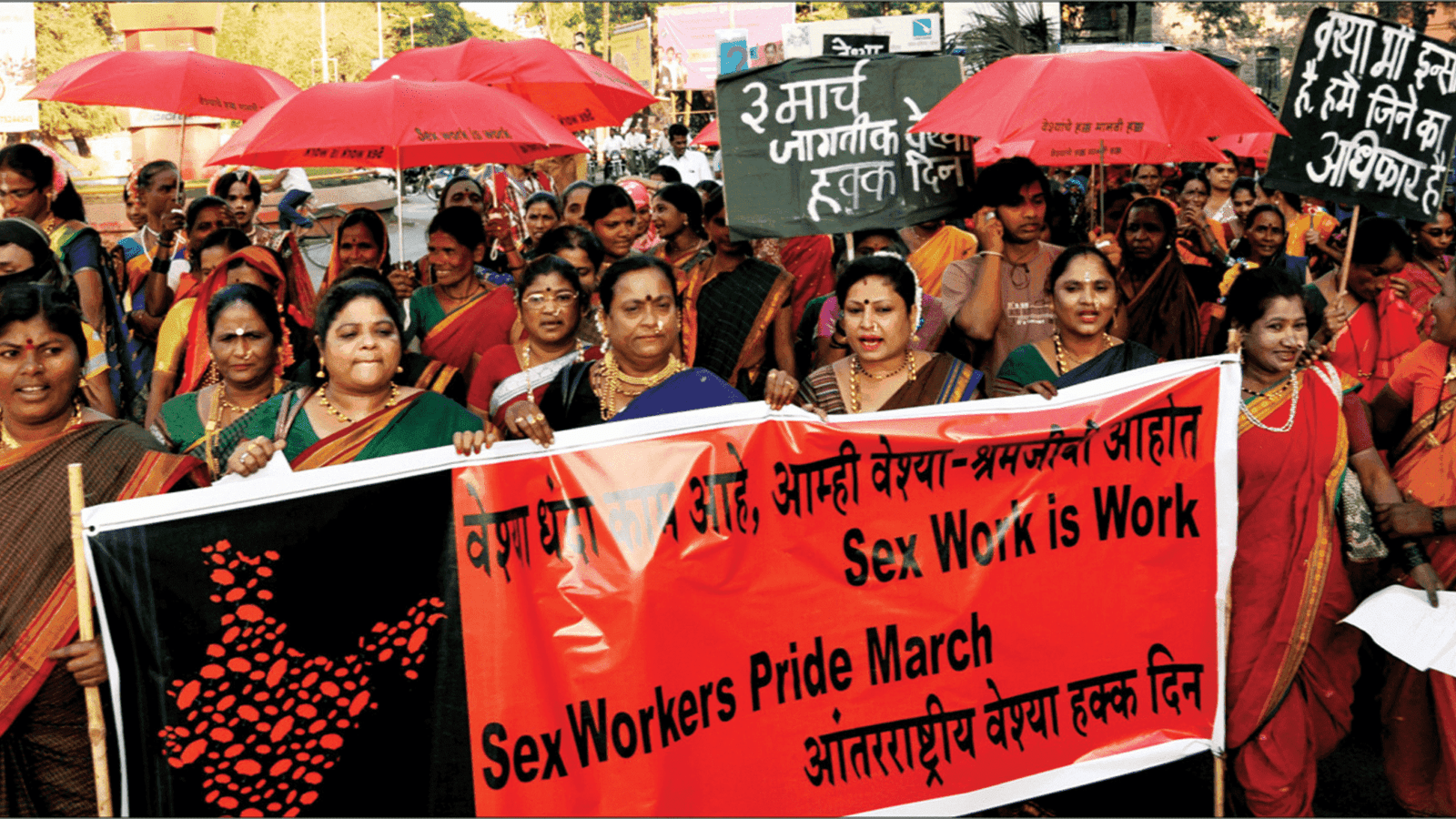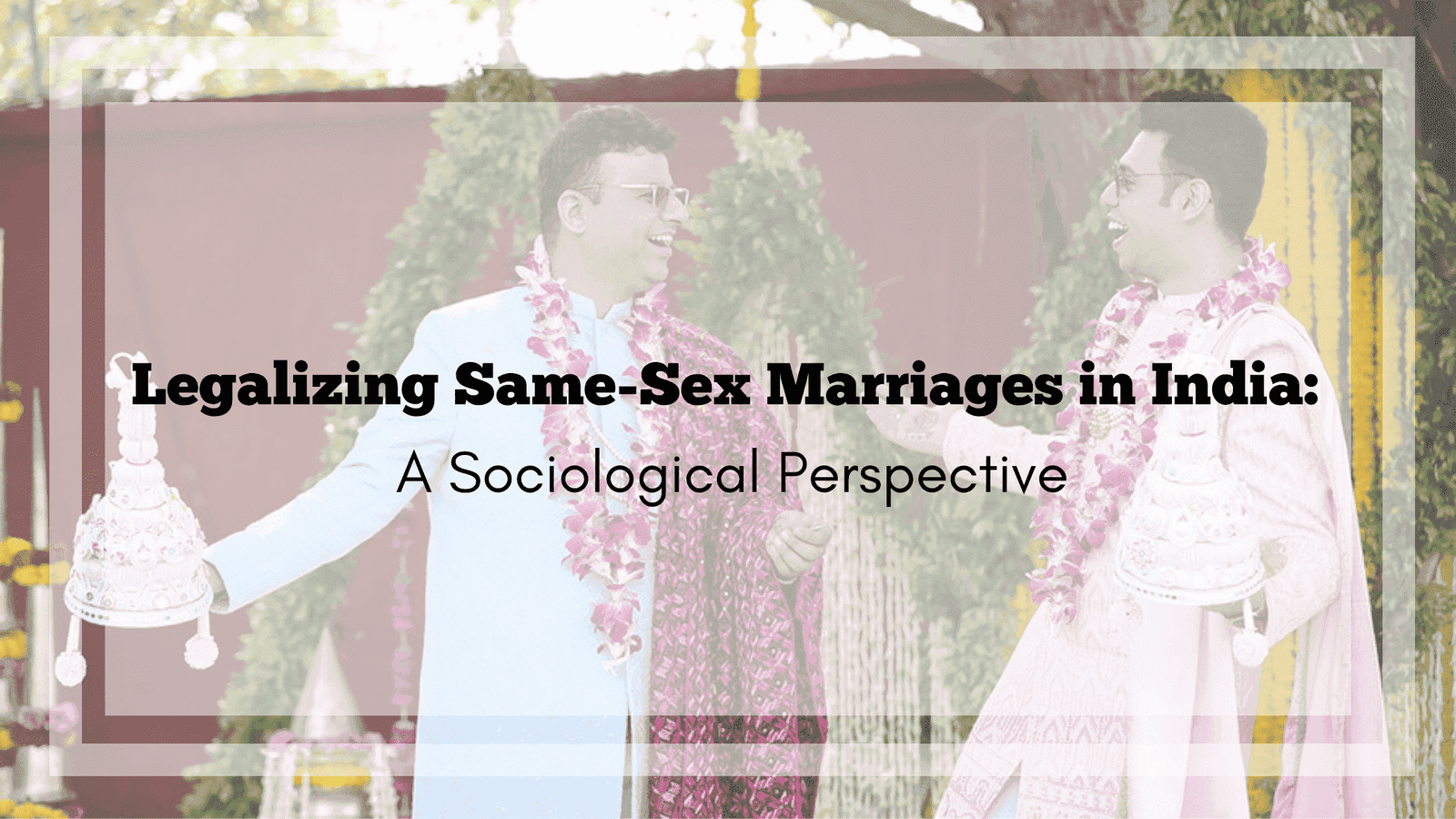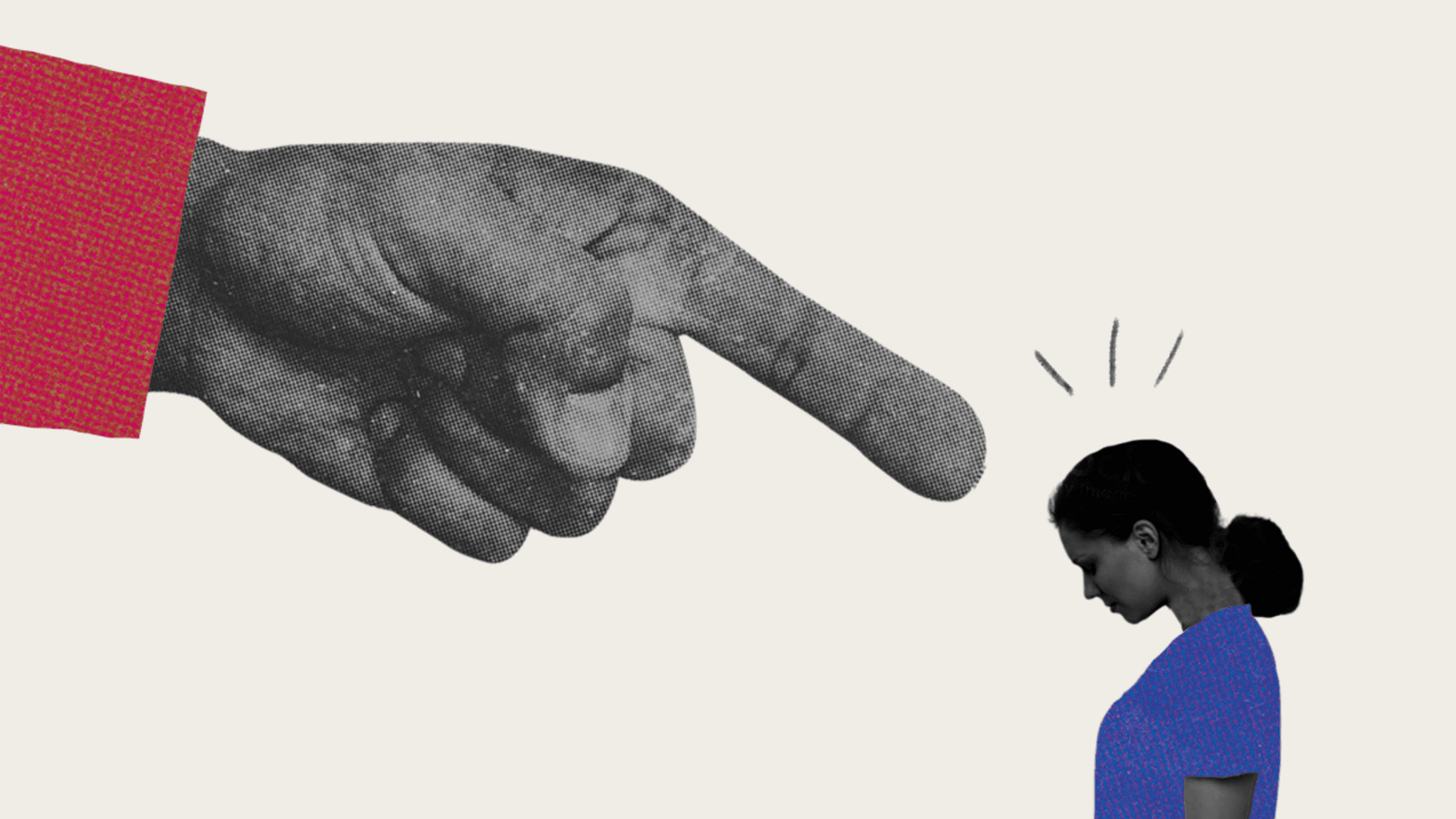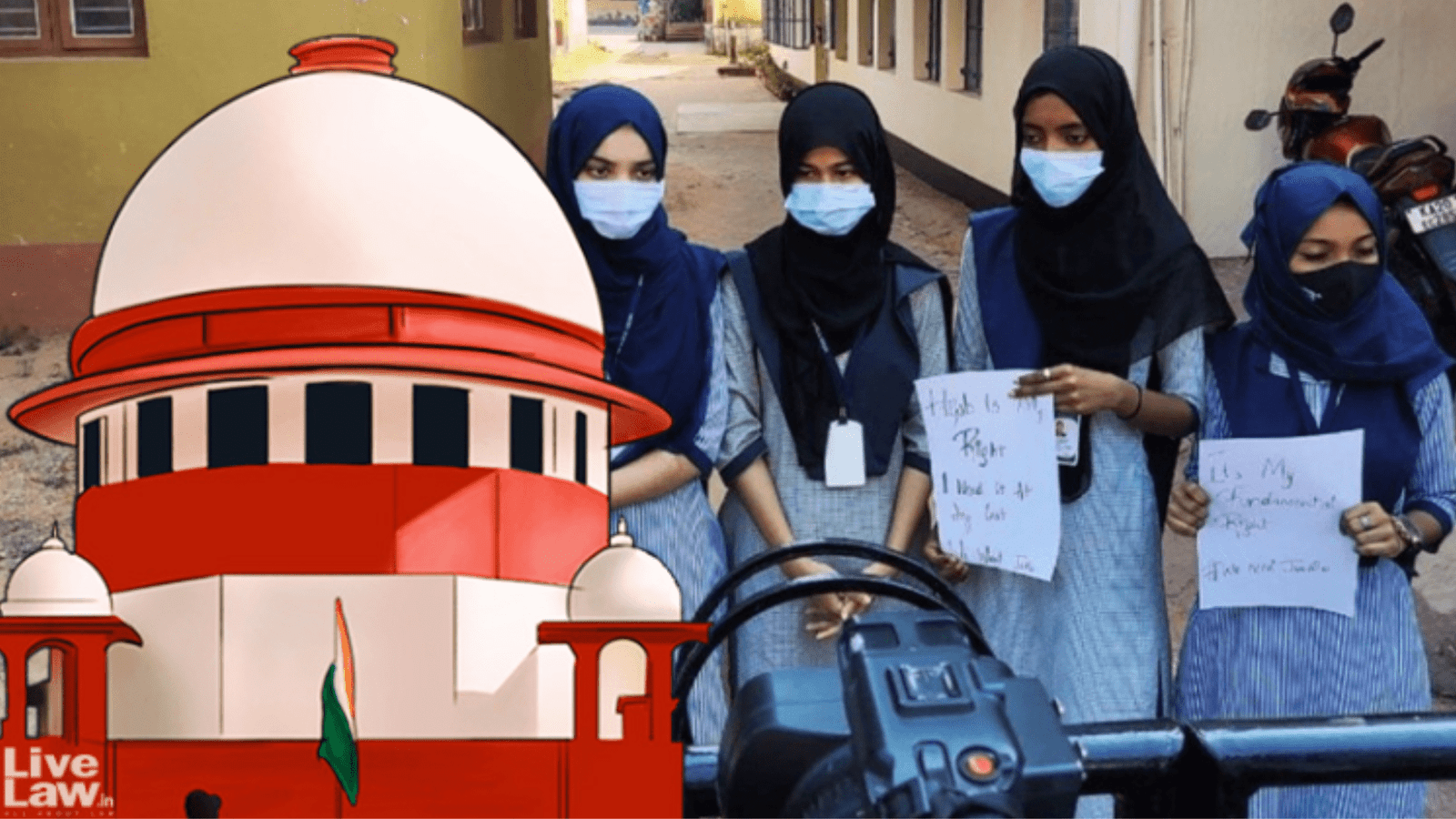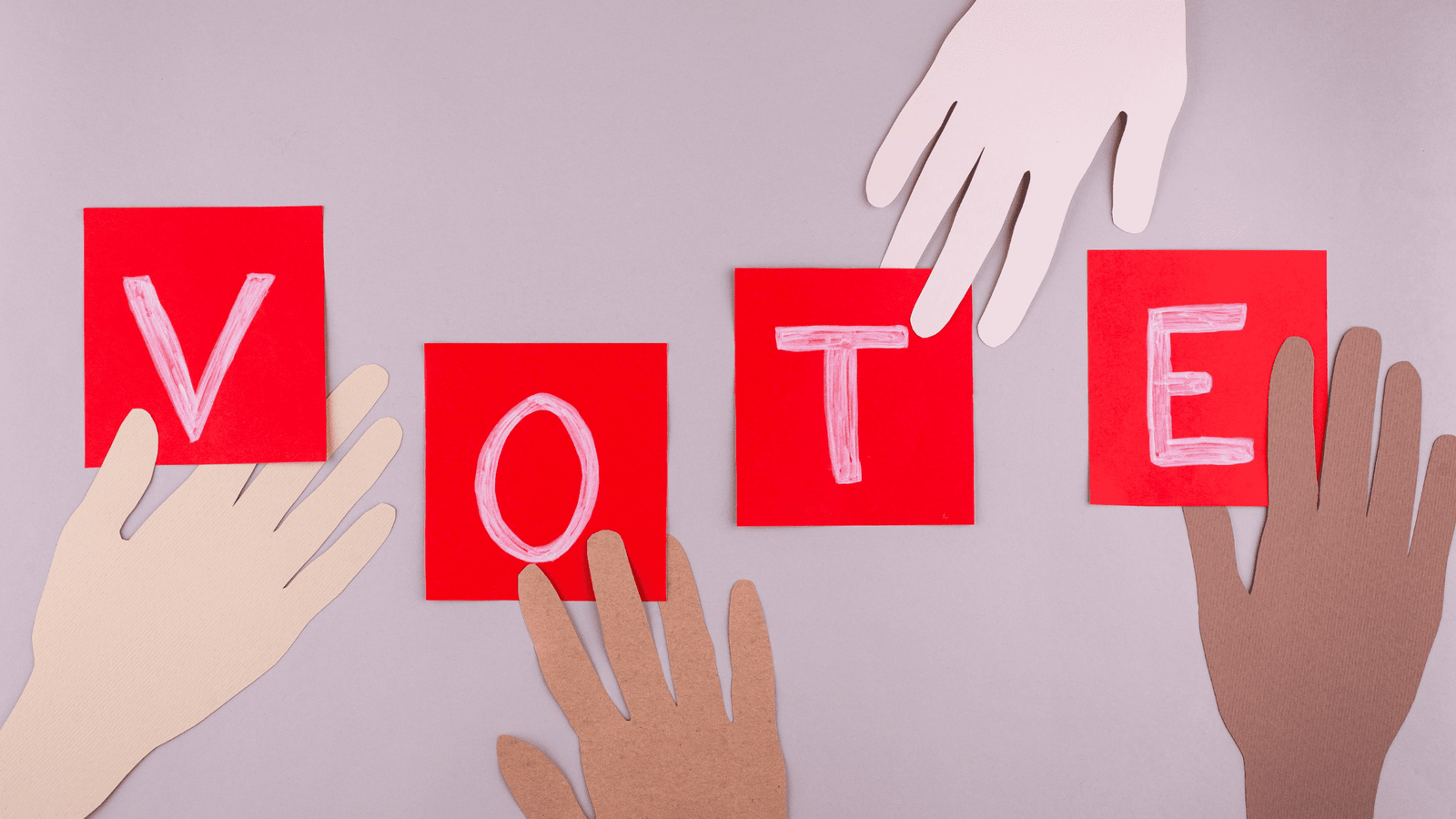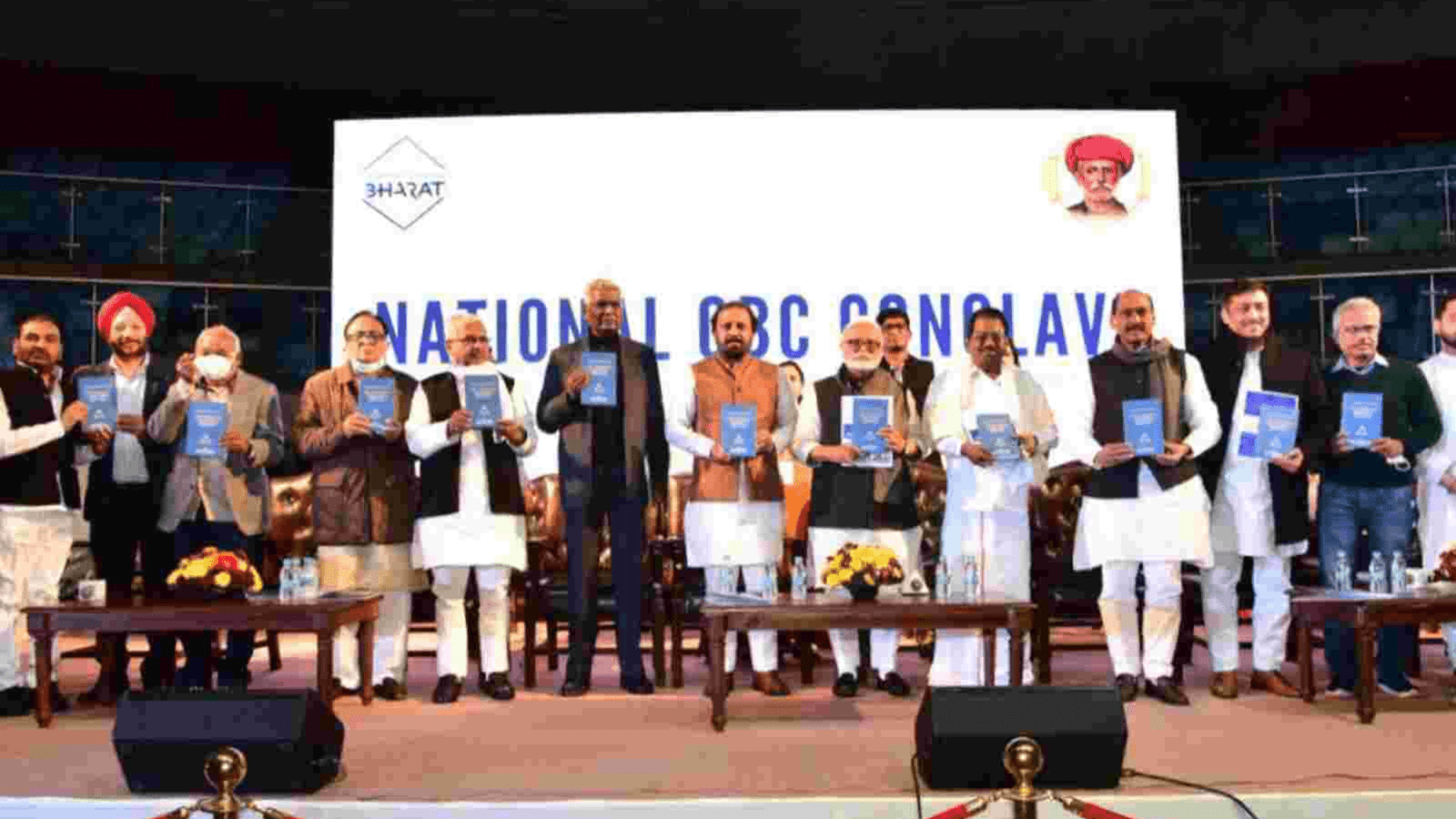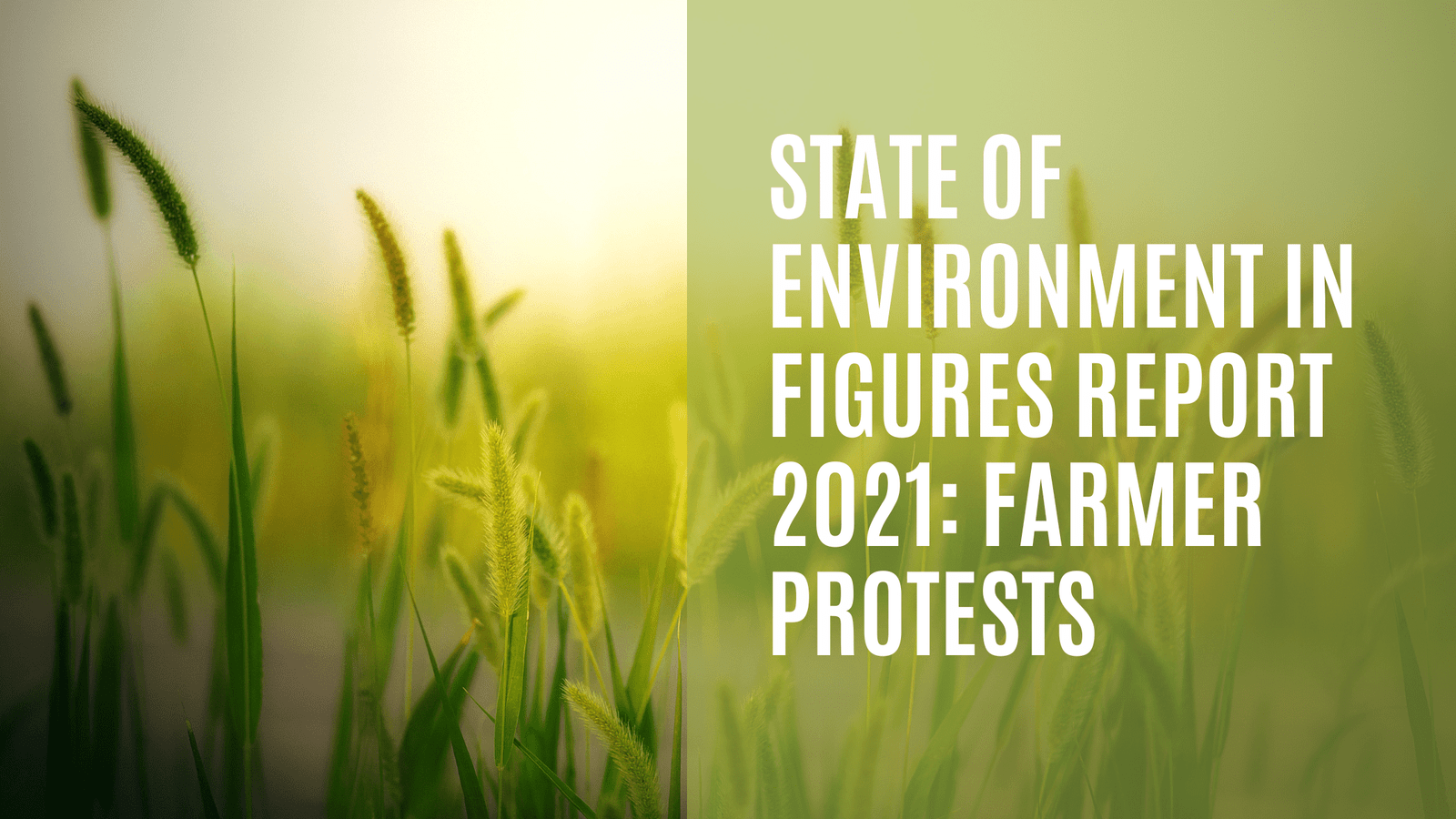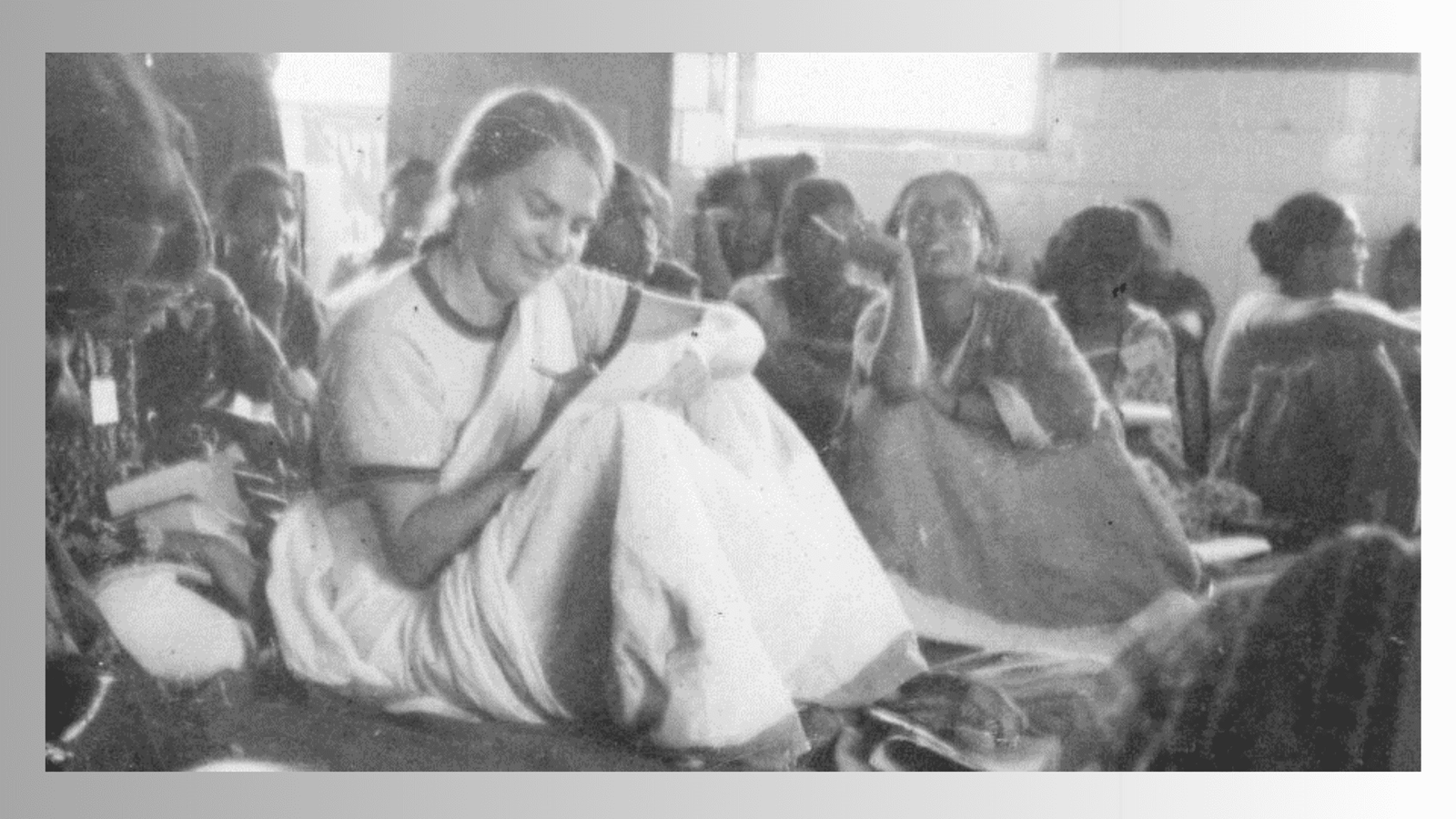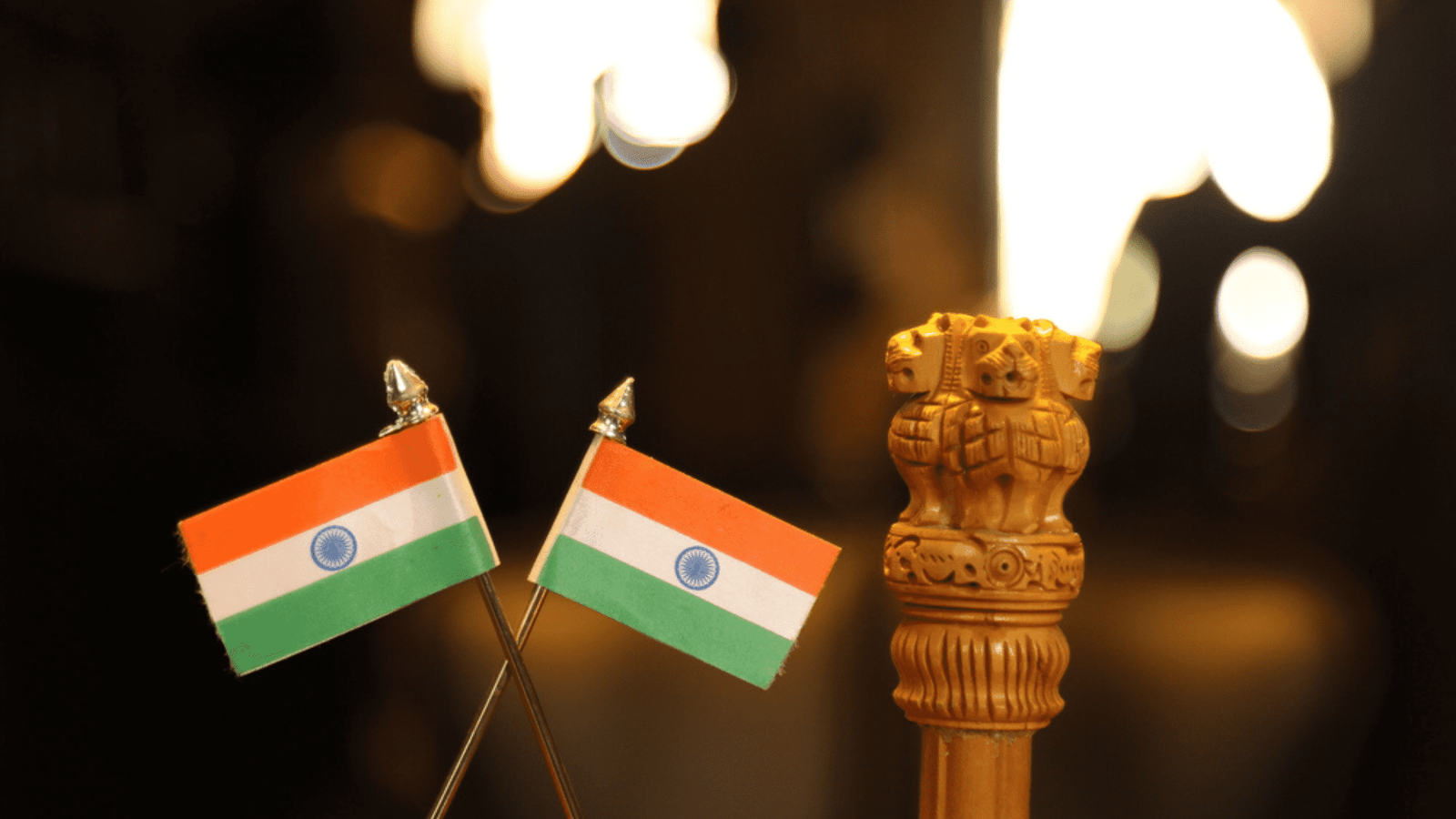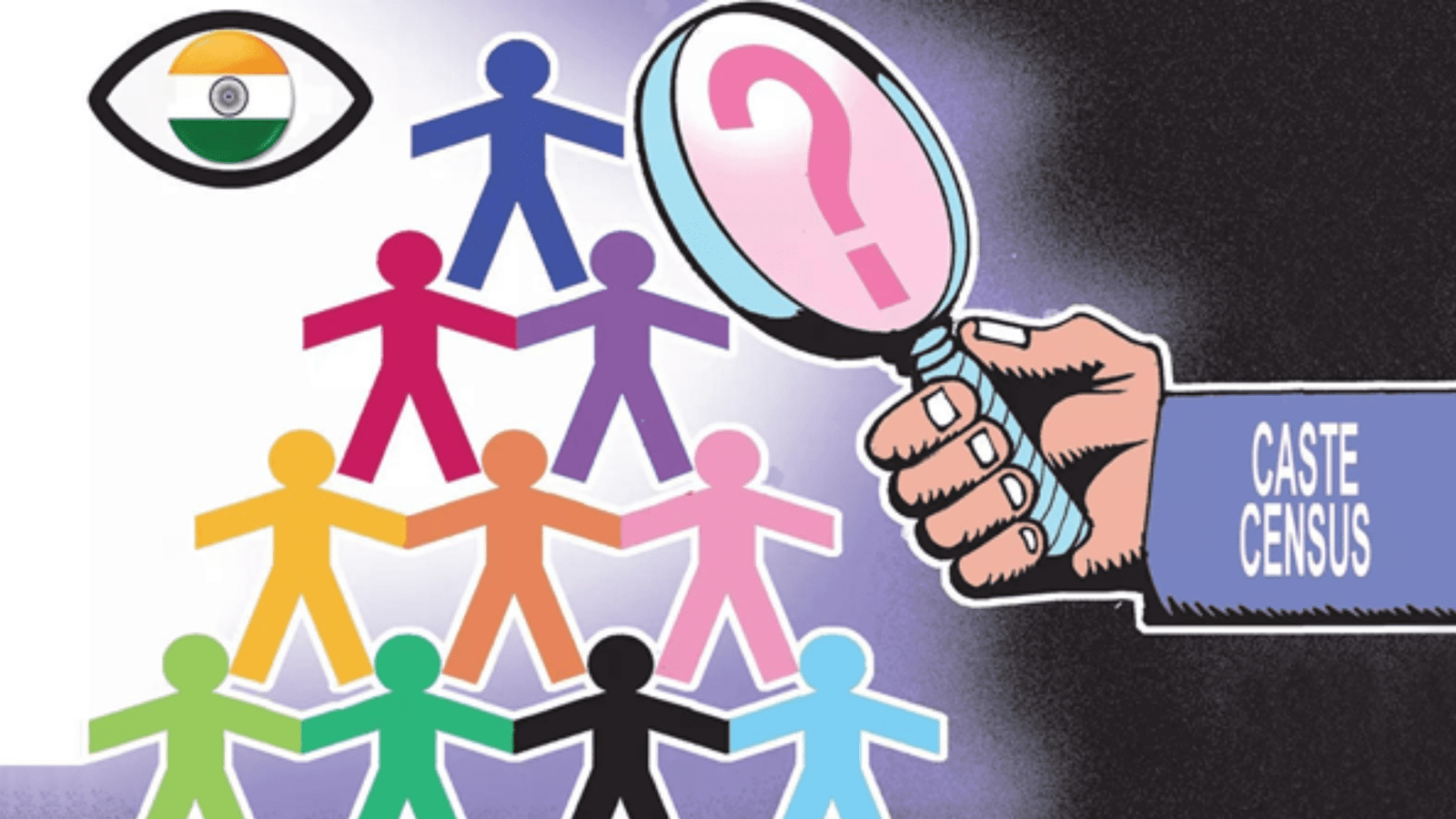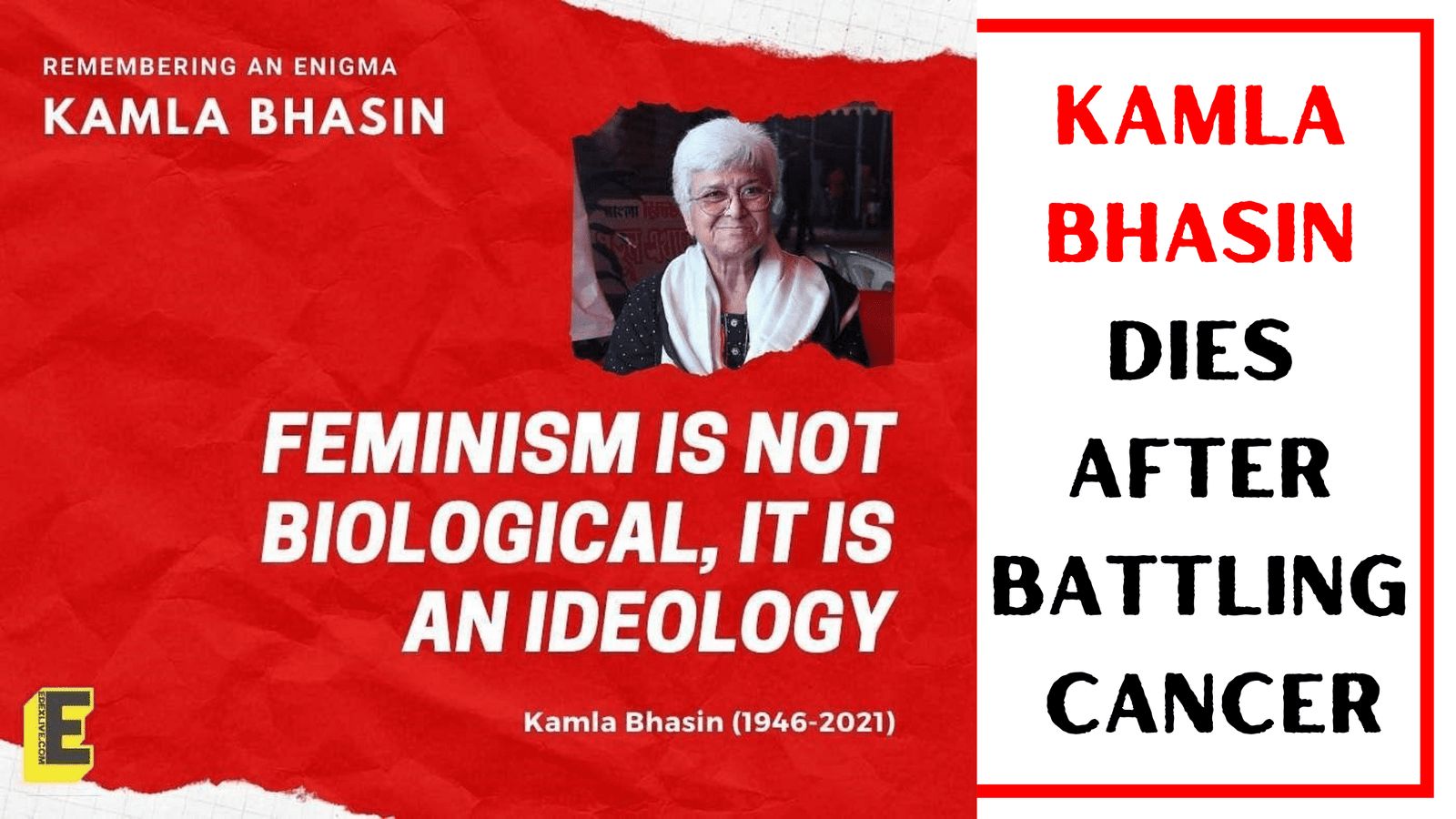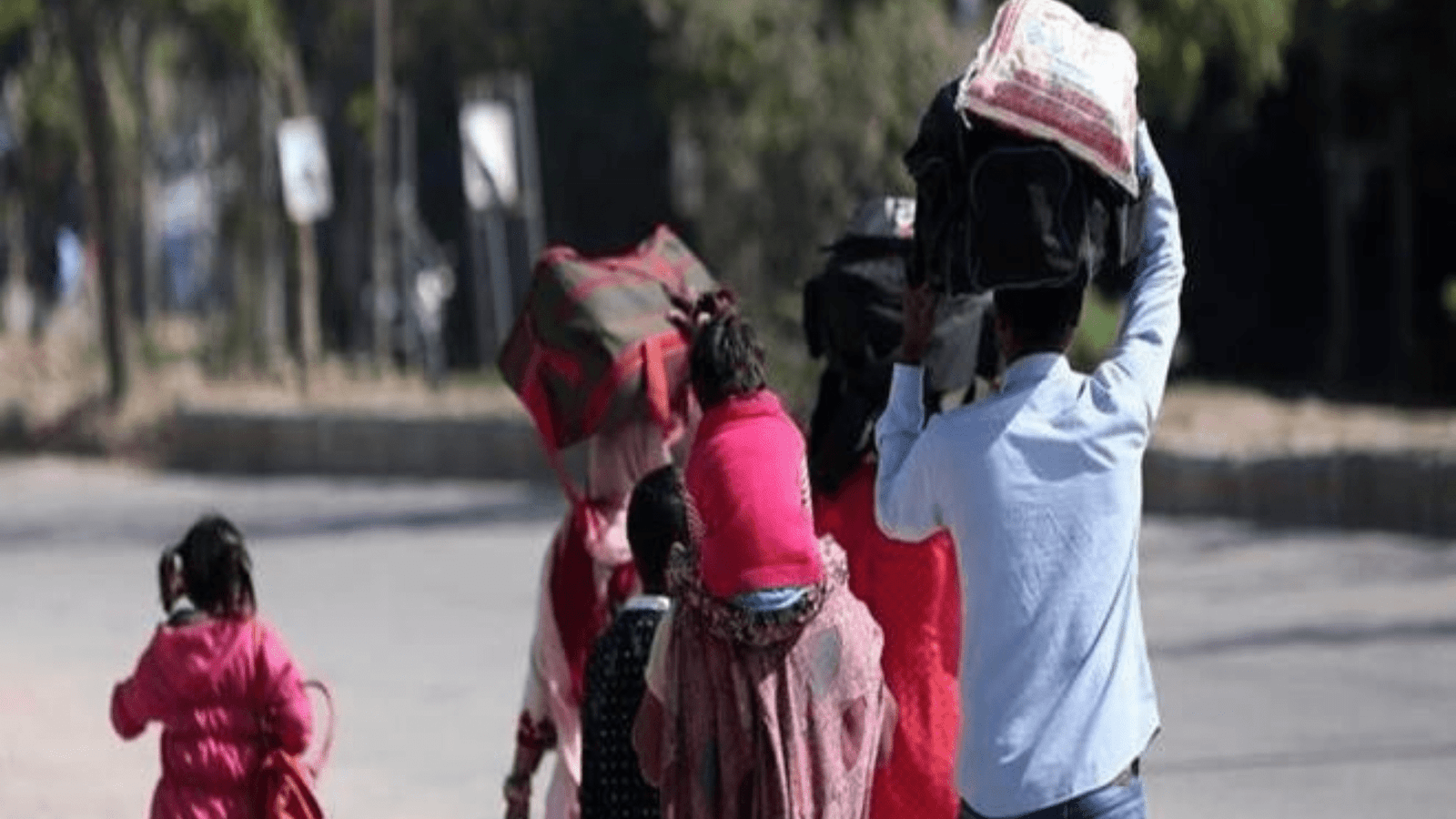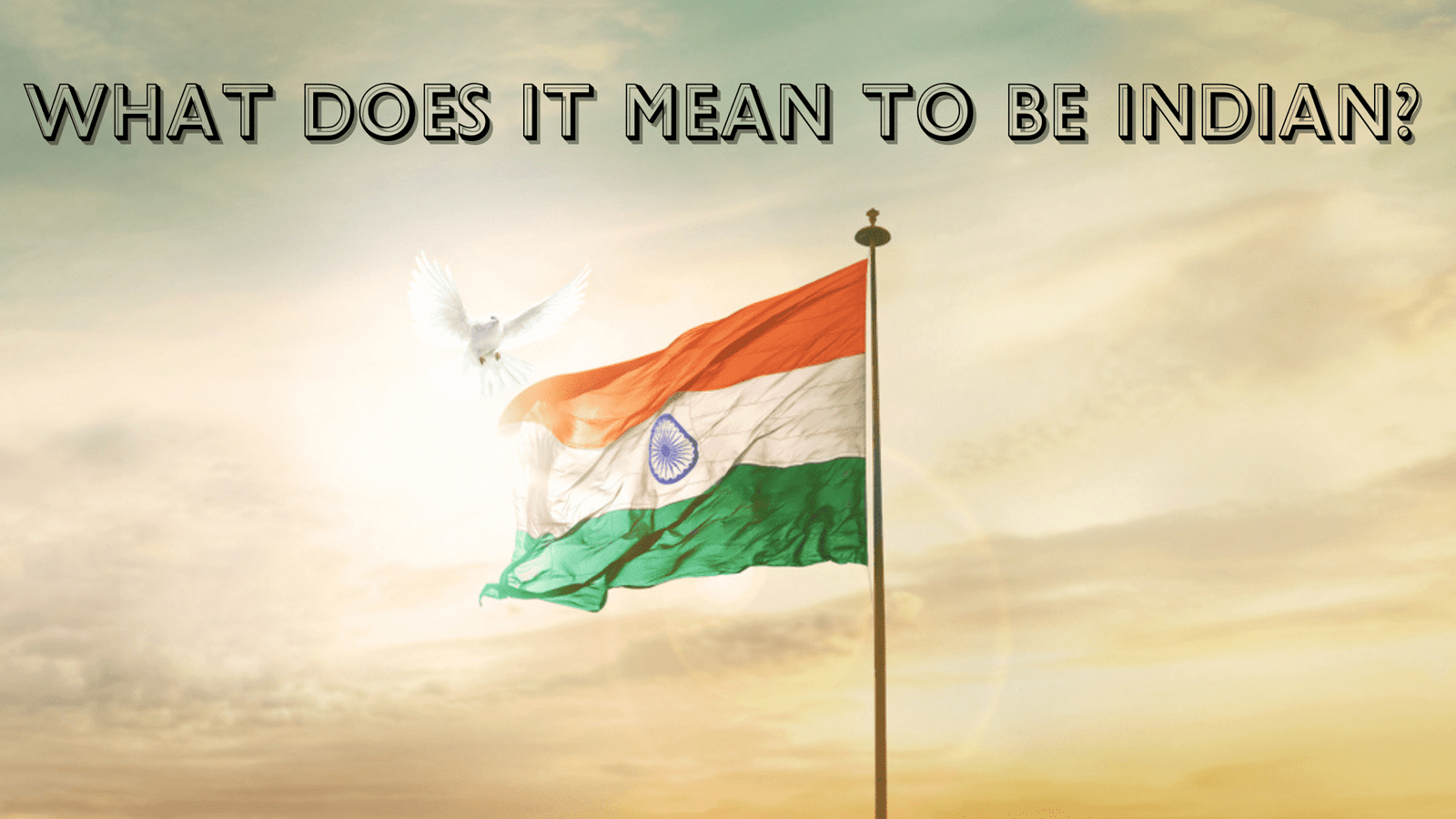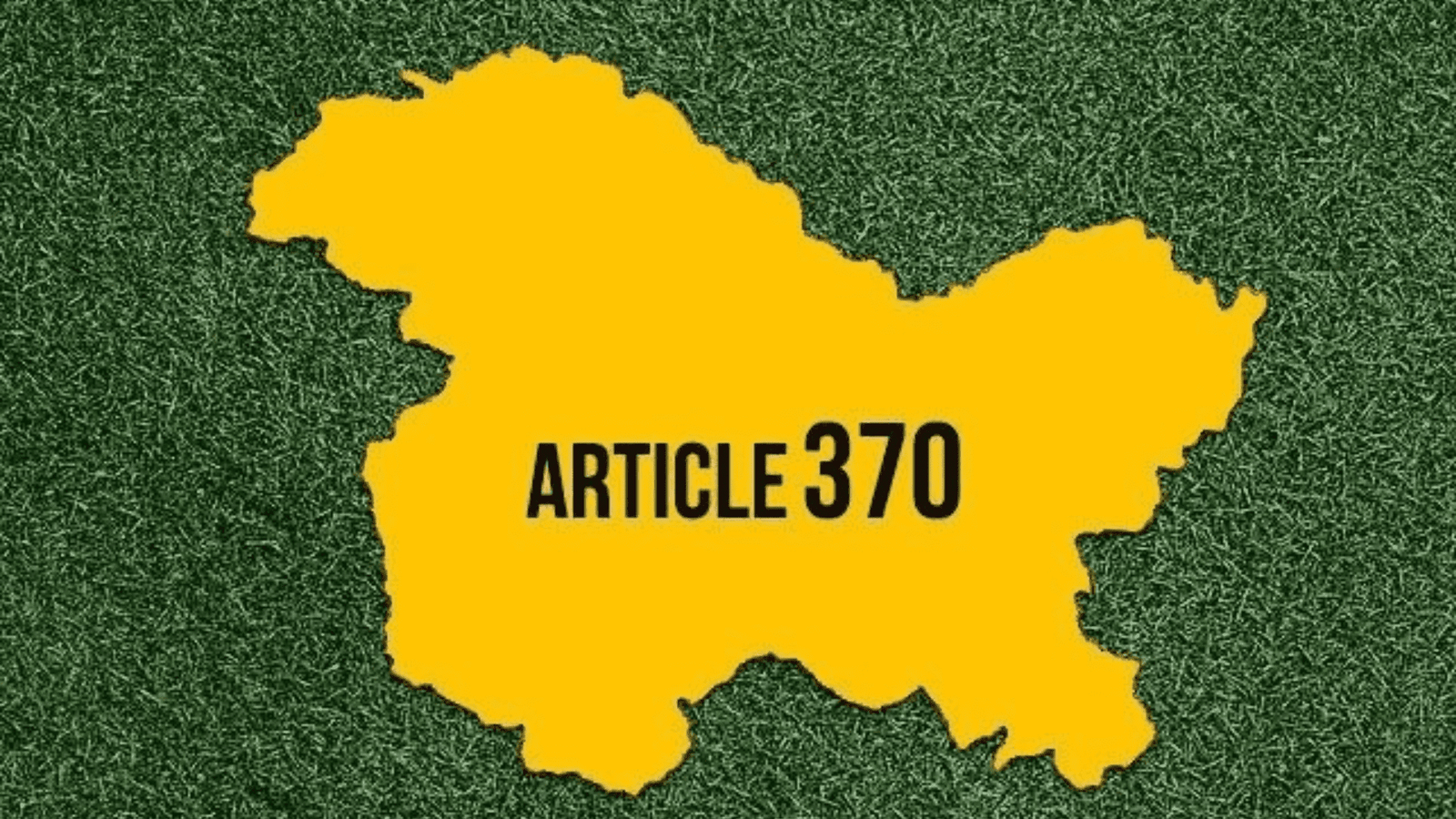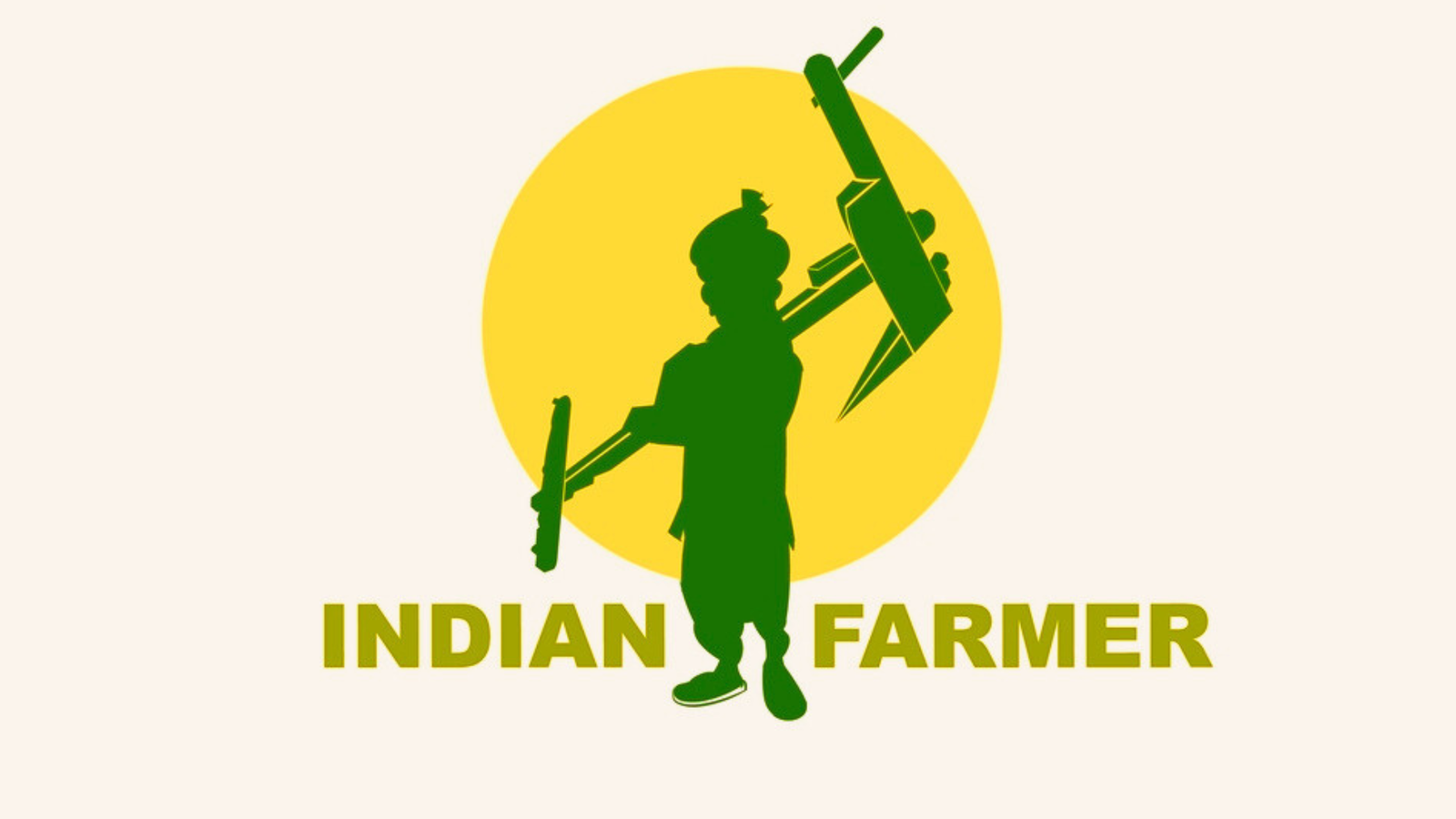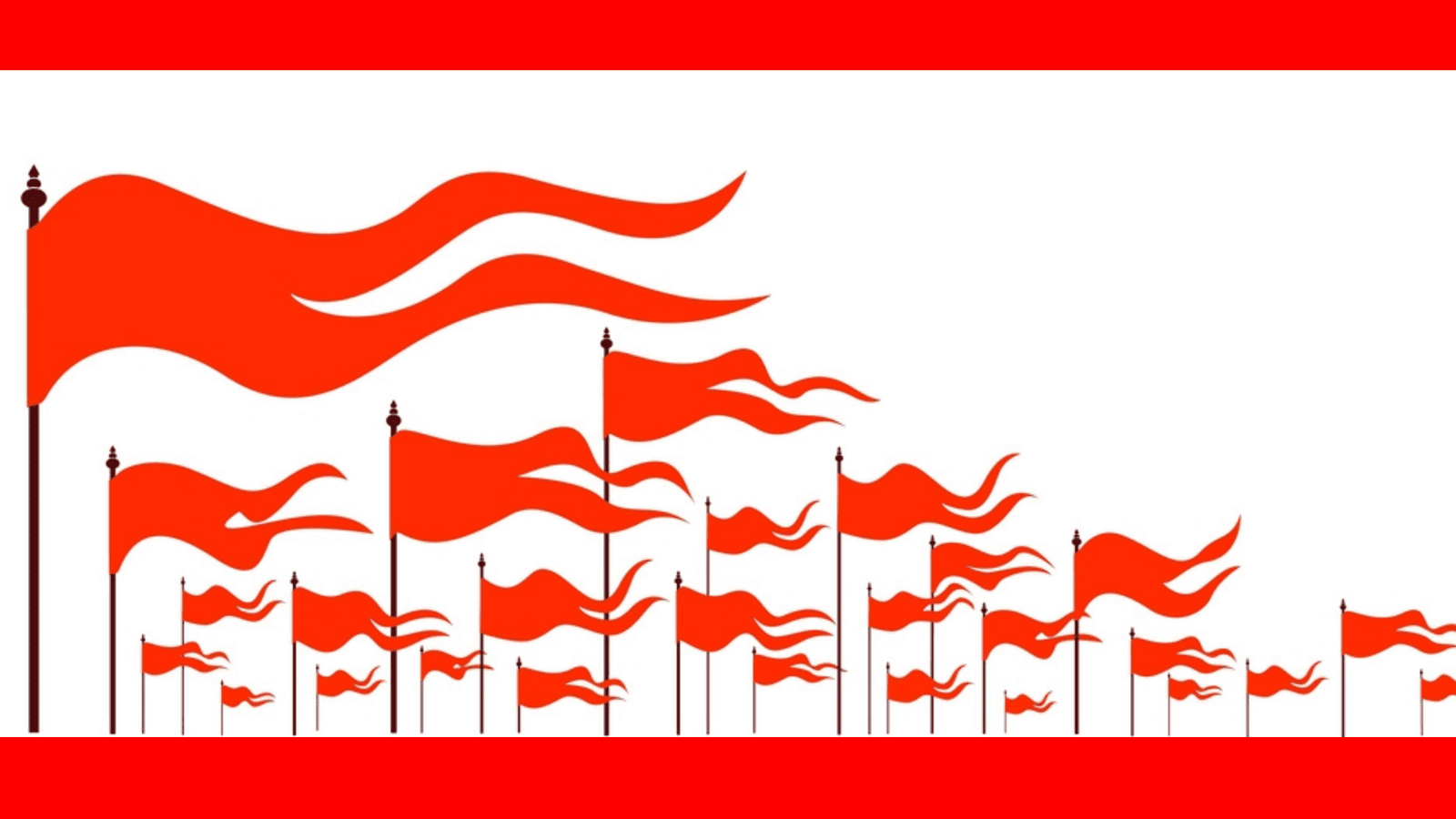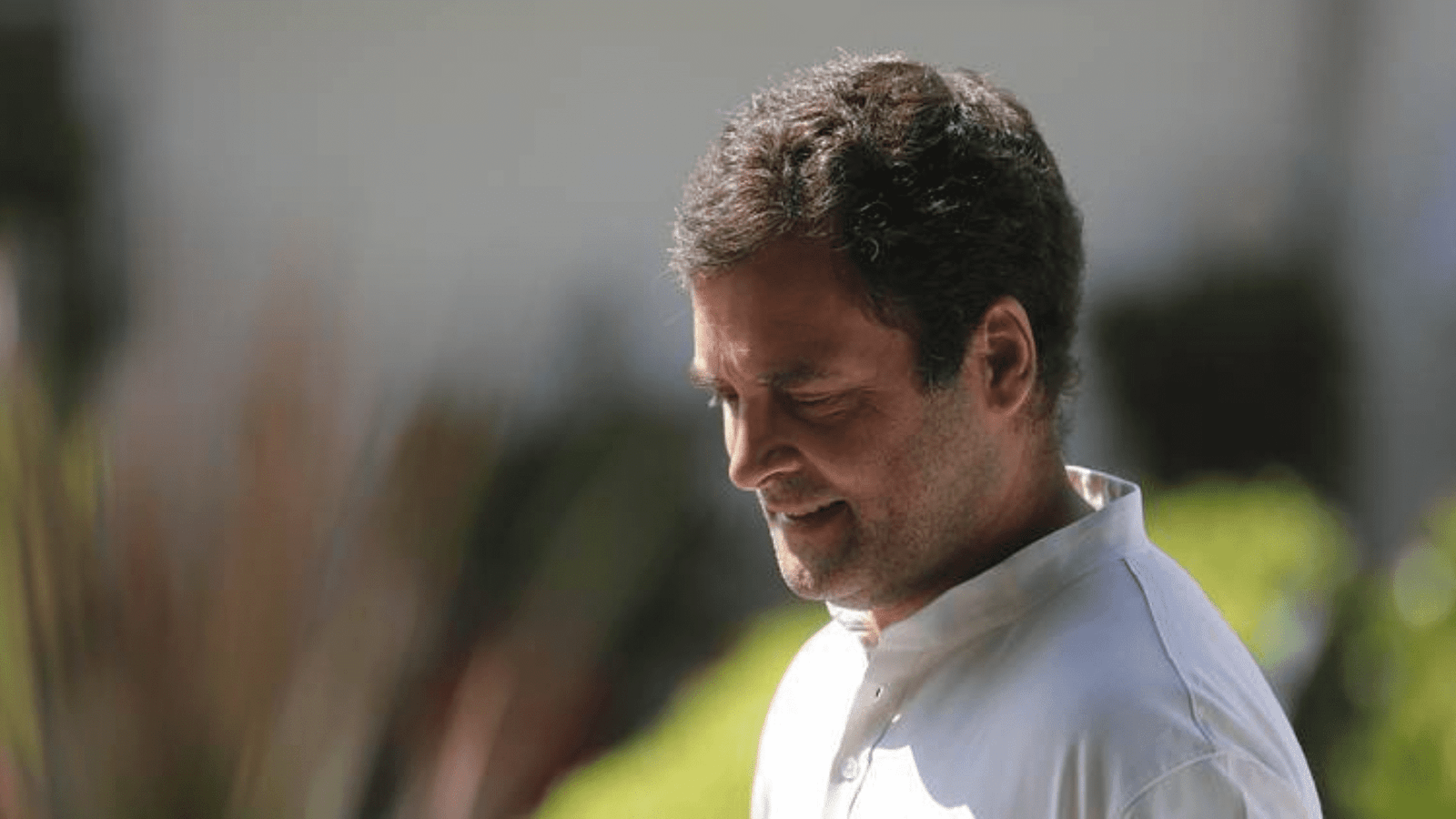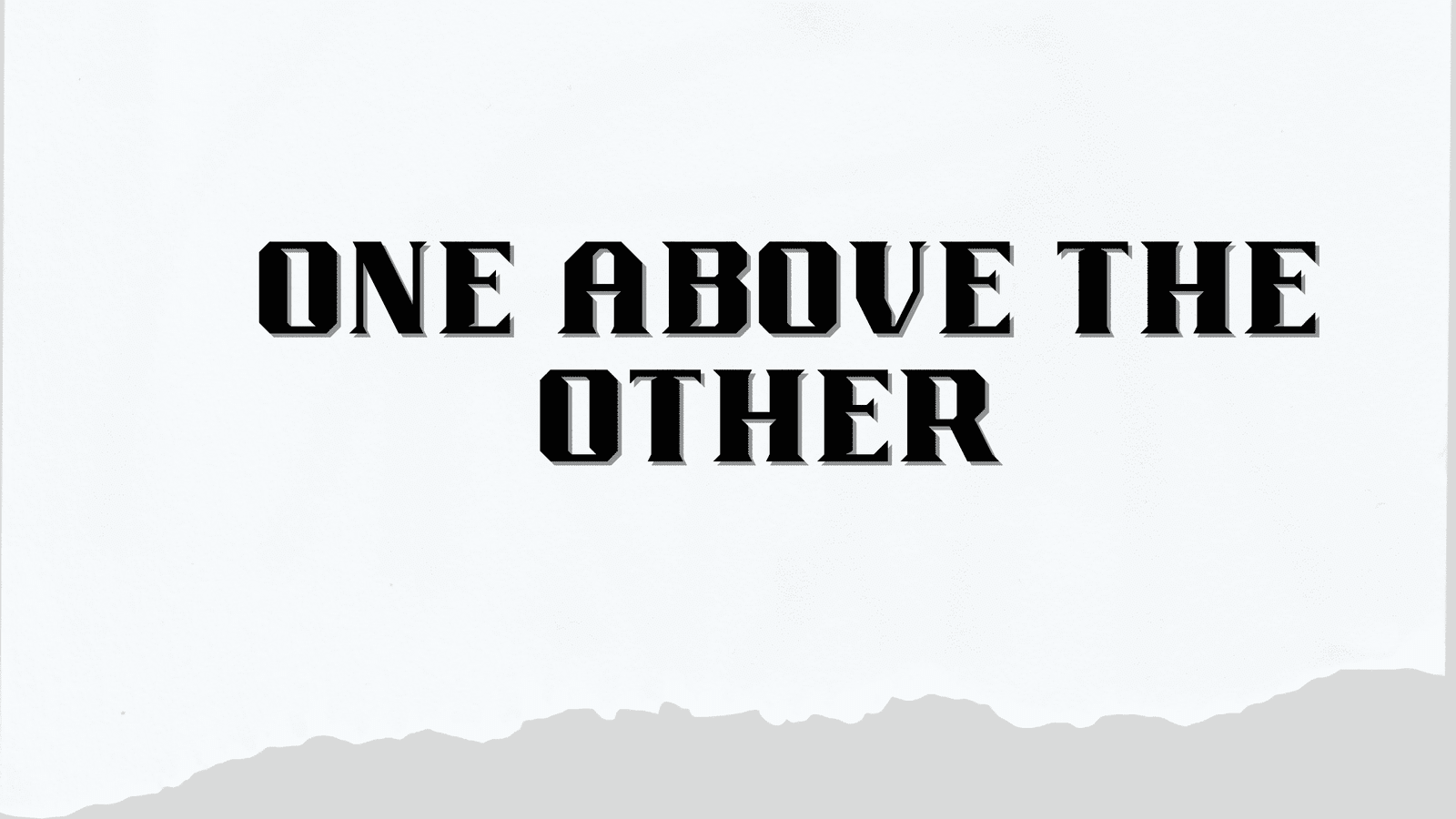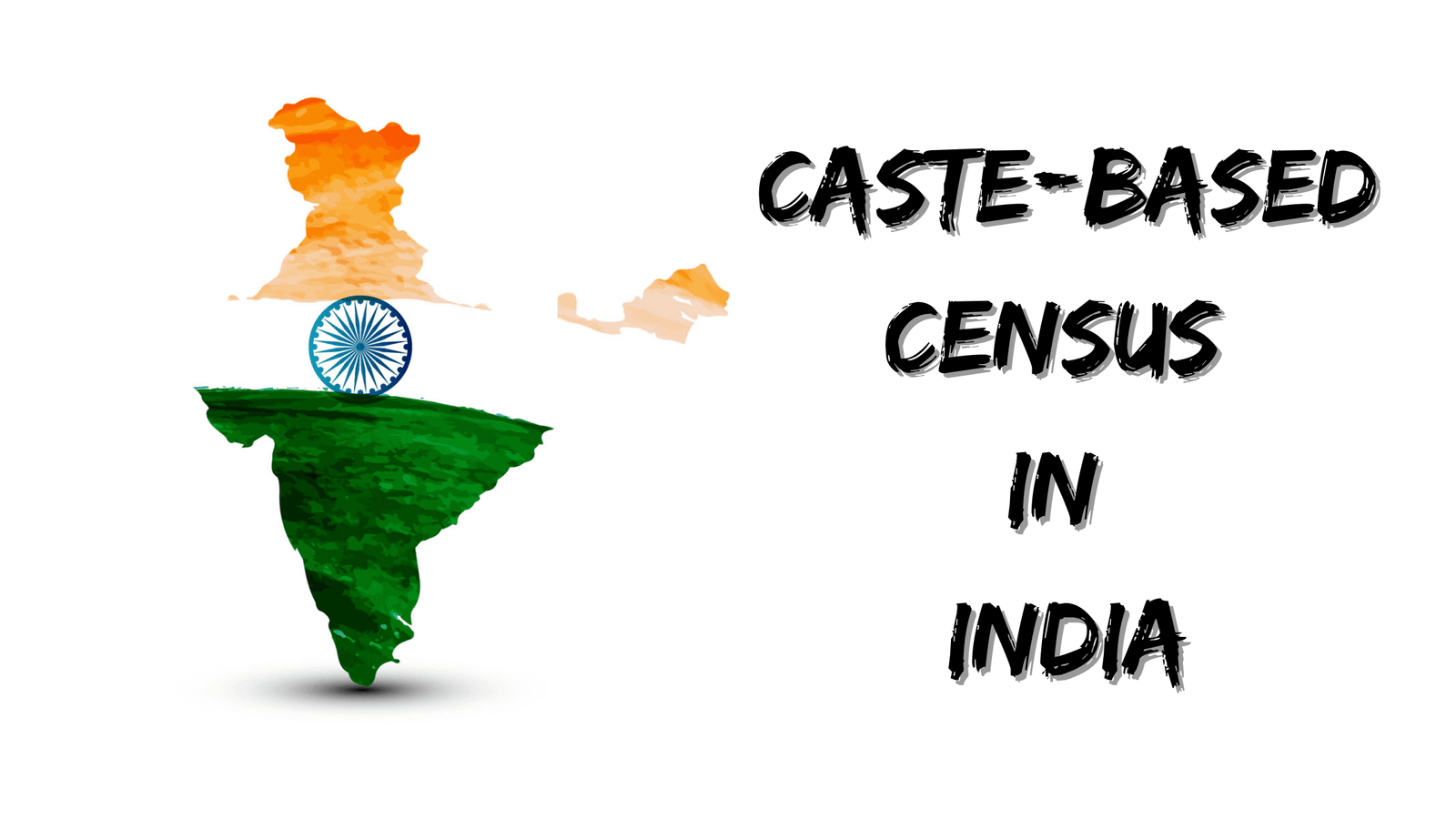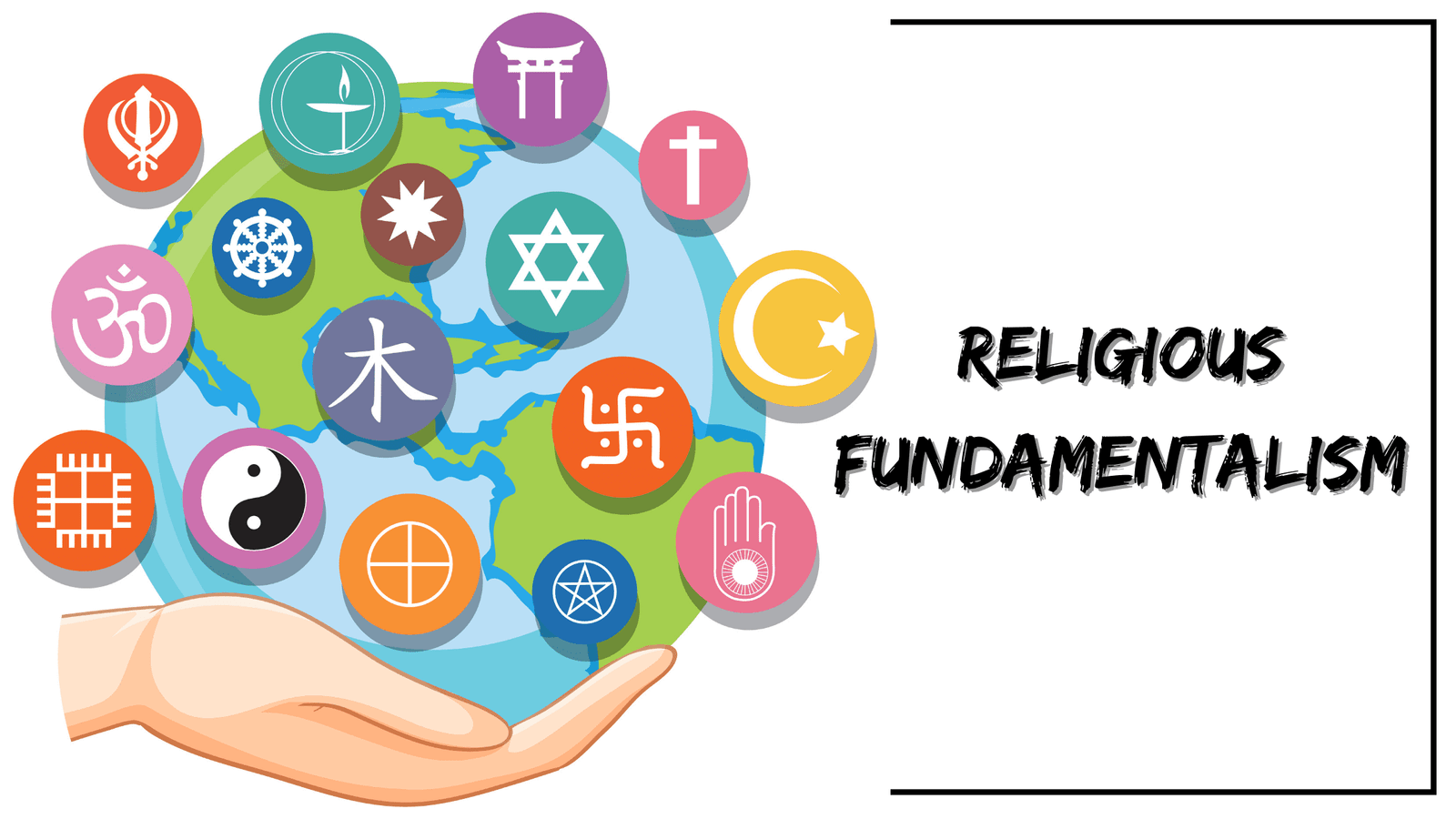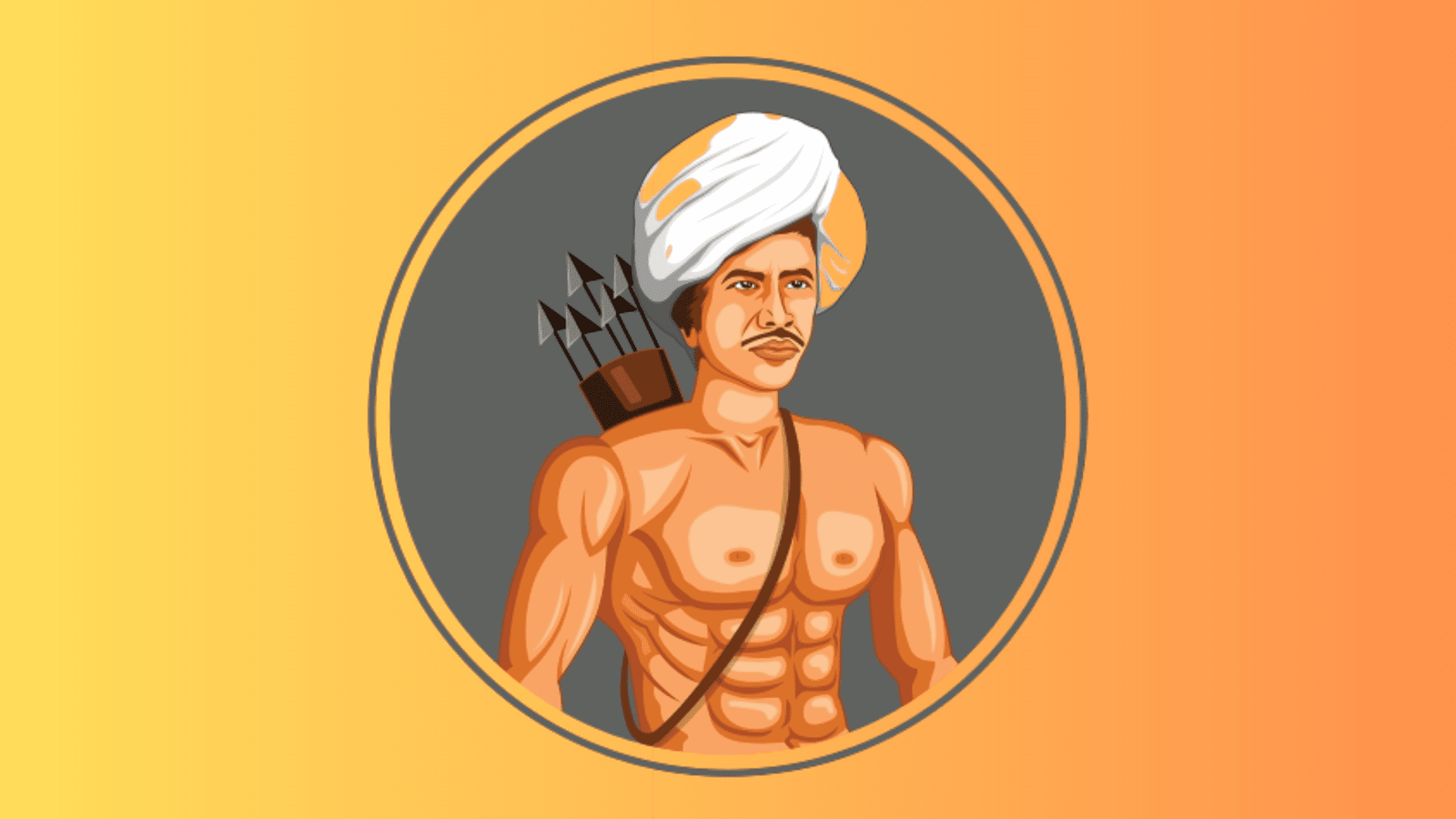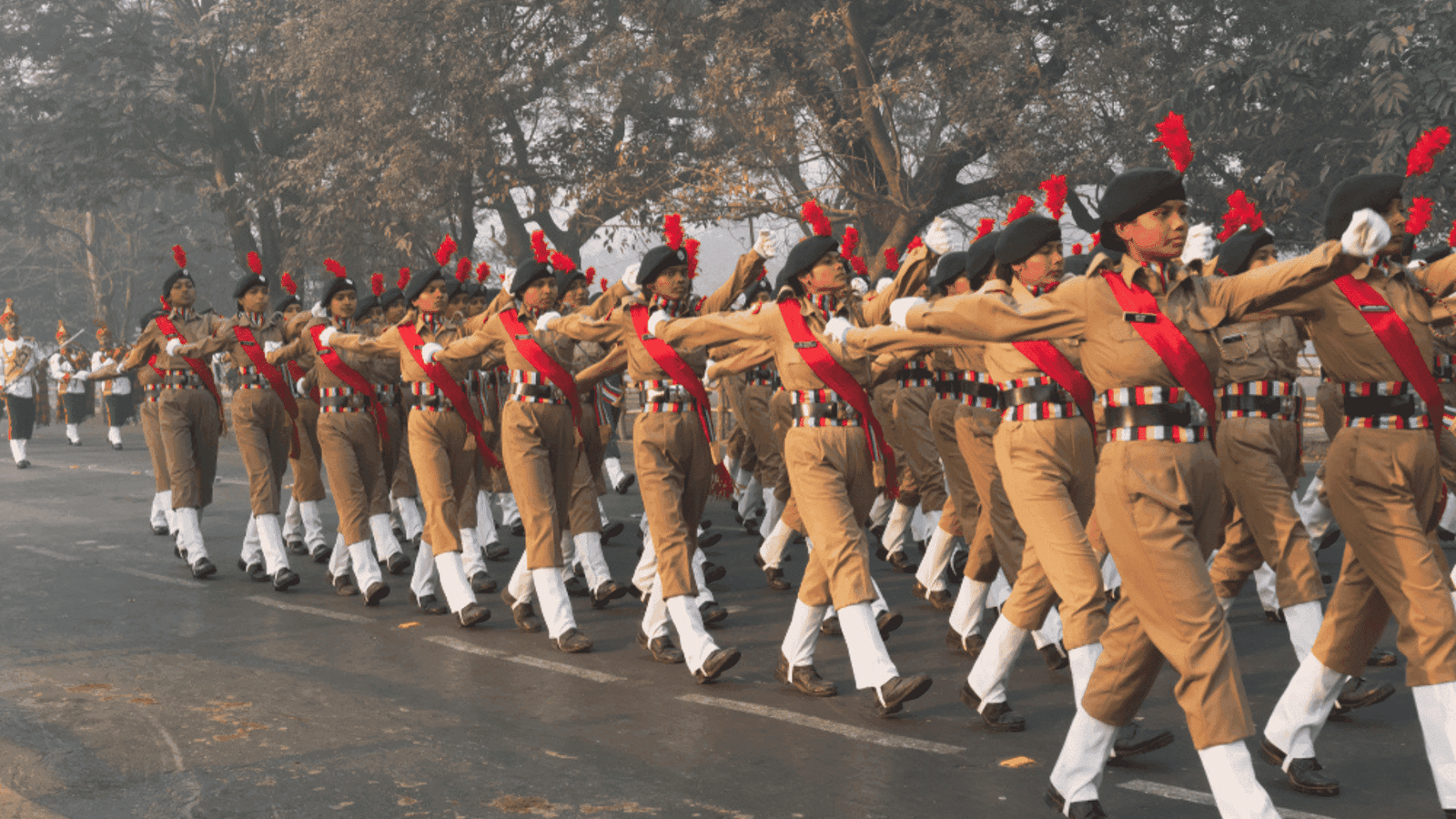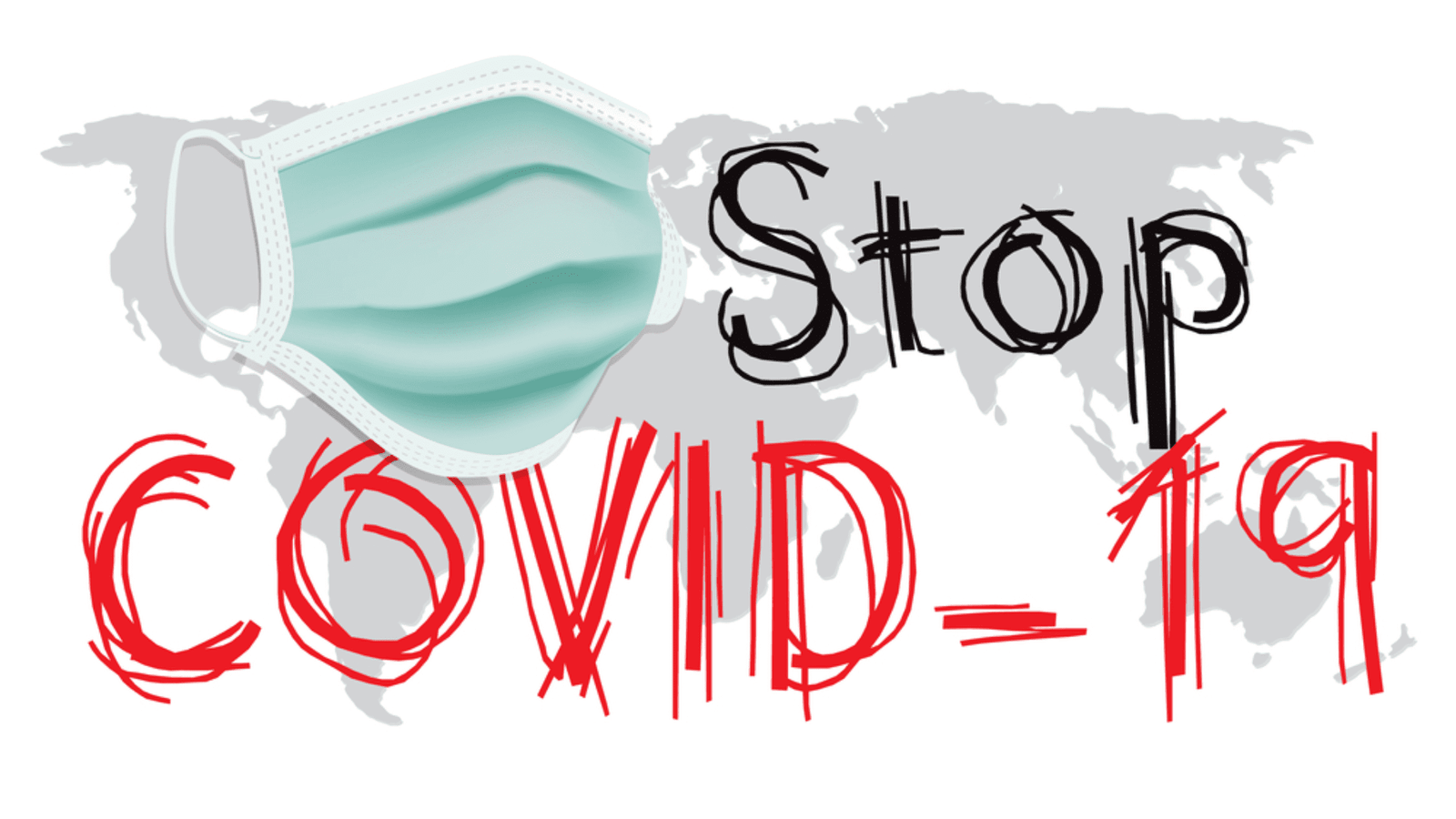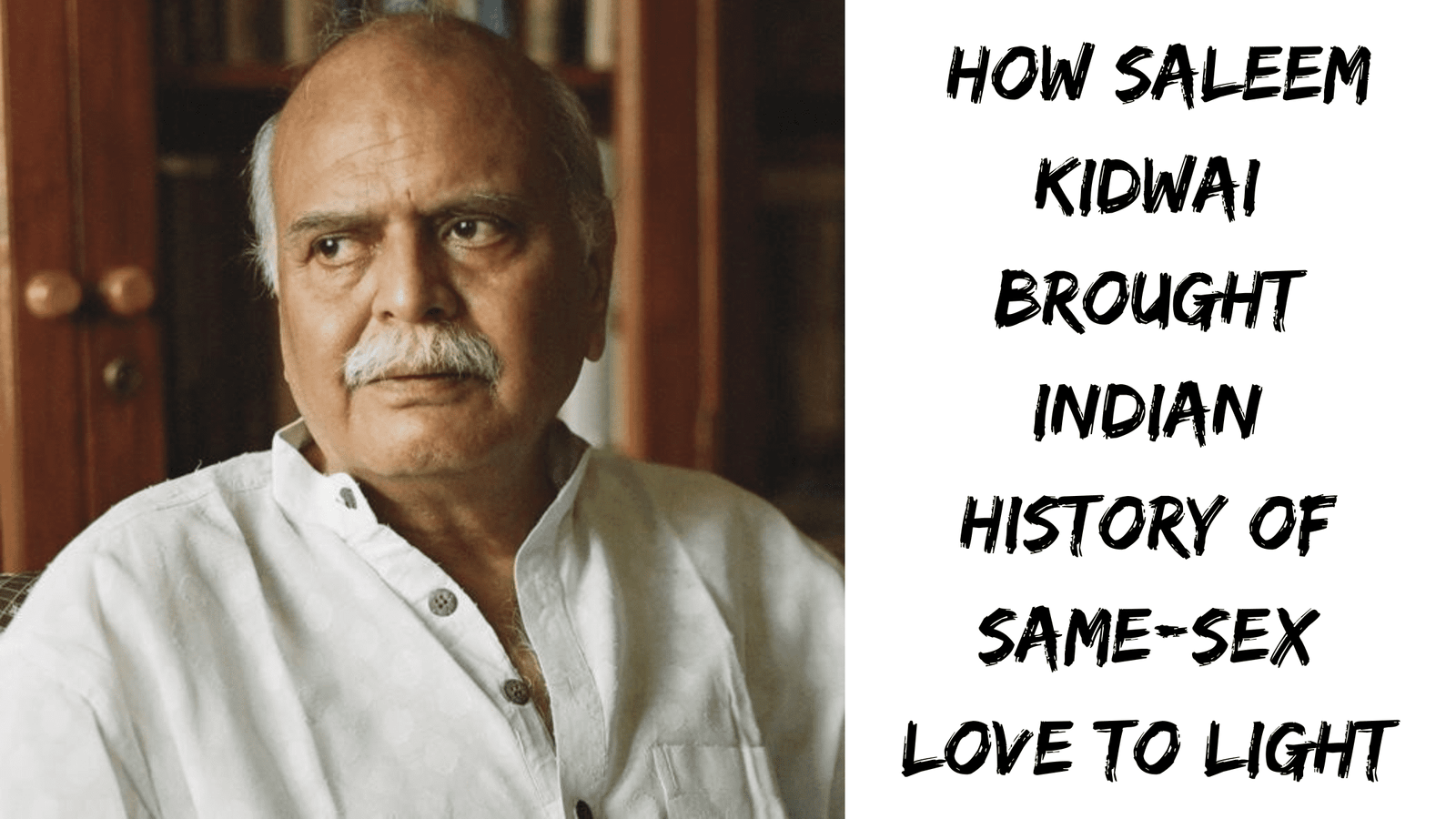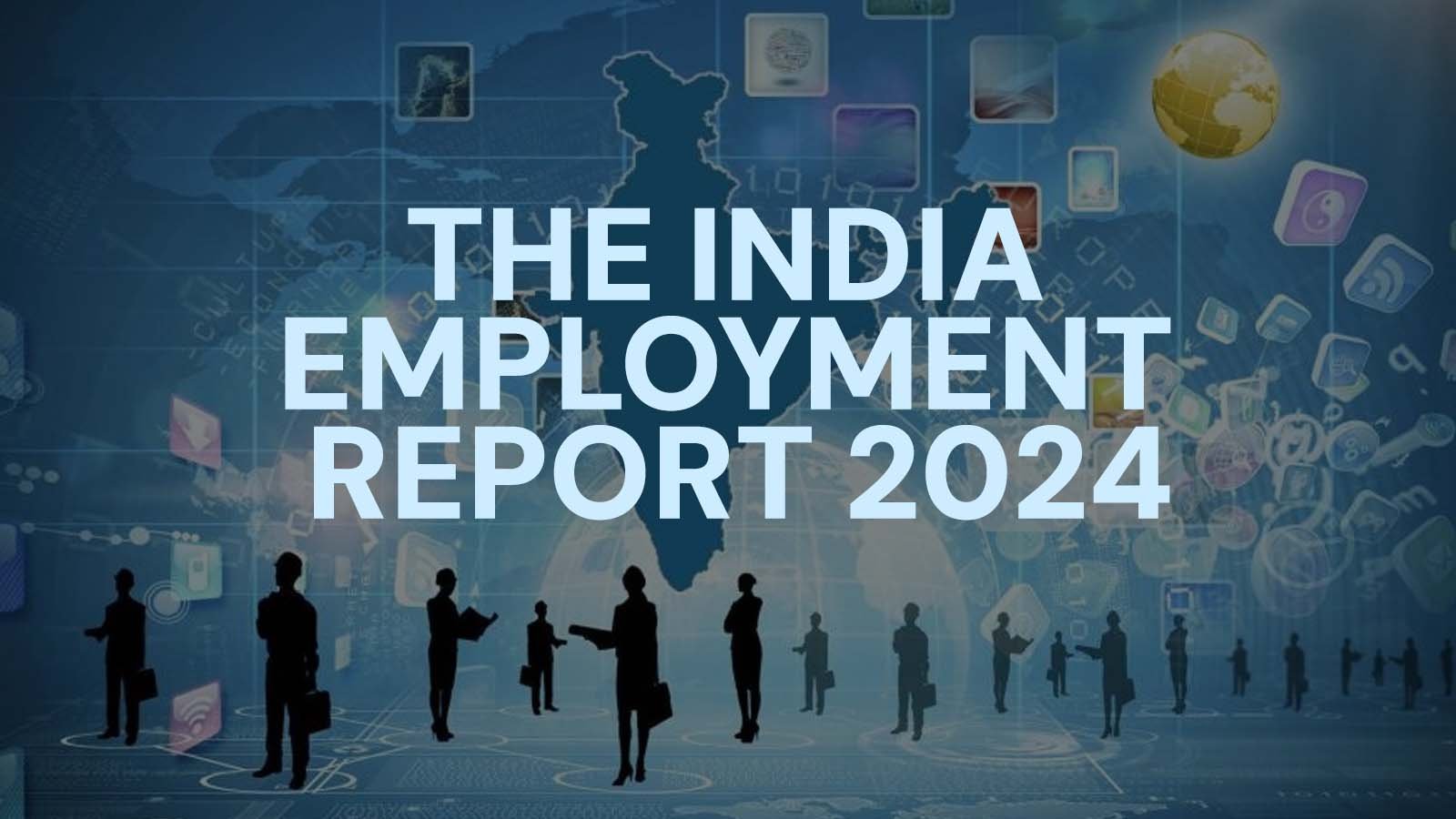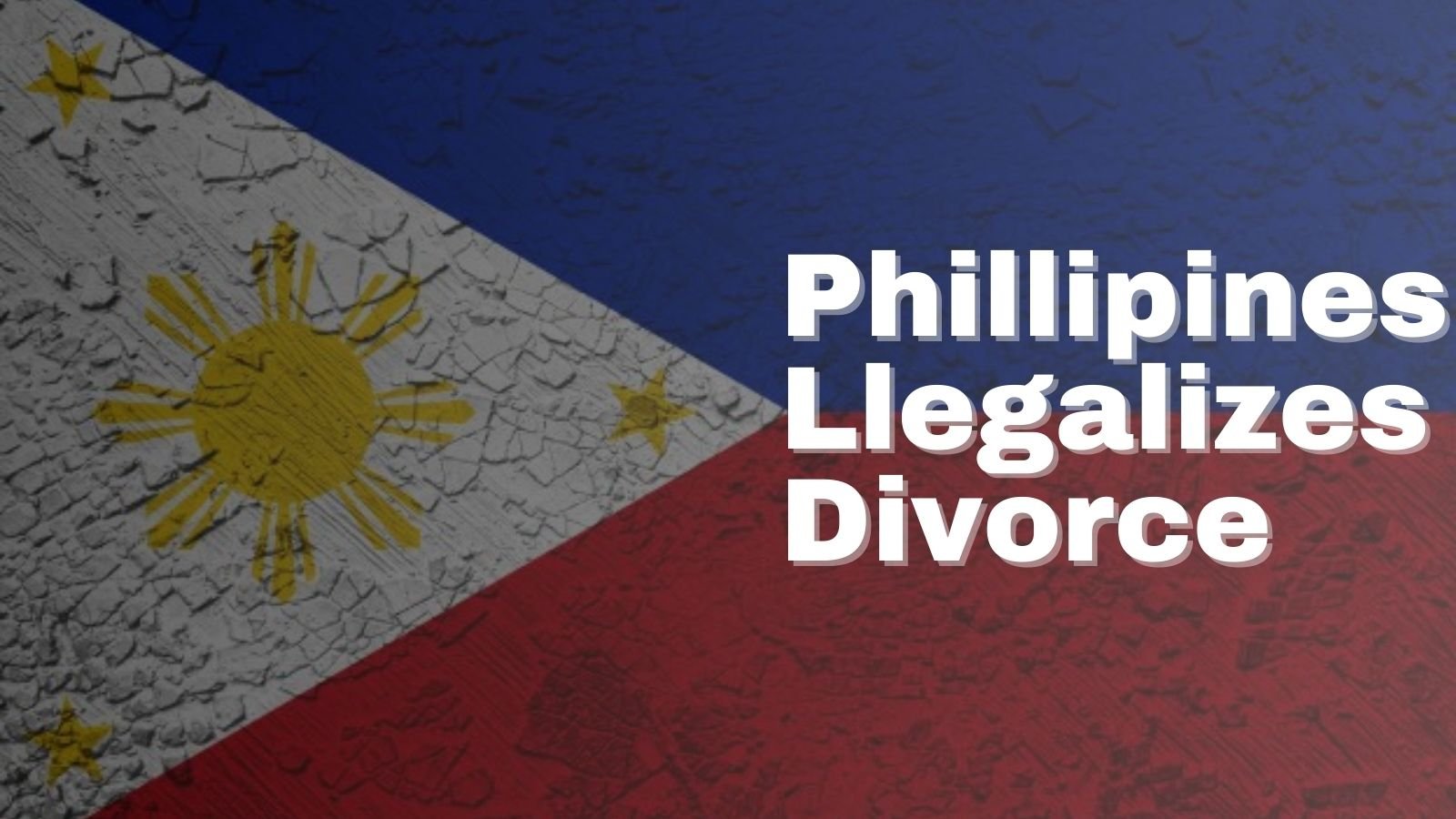
The News:
Mexico chooses its first female president. Moreover, the candidature of two women symbolises the progress Mexico has made in its democratisation process since 1988 when the country’s first competitive presidential election was held.
Sociological Implications:
- The election indicates a significant shift in Mexican politics by ending the ‘machismo’ character that has historically defined the presidency.
- The contest between two women candidates is a testament to the significant strides Mexico has made towards gender equality in politics and reflects the increasing participation of women in electoral politics.
- In 2018, the 500-member Mexican Congress achieved gender parity with 246 women and 254 men, a stark contrast to 1991, when it had only 23 women representatives.
- The election of a woman President will also set a precedent for North America as a whole — neither the United States nor Canada has as yet elected a woman leader to office.
- Parliamentary Representation: As of 2023, women hold approximately 26.8% of seats in national parliaments worldwide. This is a significant increase from about 11.3% in 1995 but still below parity.
- Sylvia Walby highlights the importance of considering intersecting forms of inequality, including race, class, and sexuality, when analyzing women's experiences in politics.
- Ann Oakley highlights the structural barriers that women face in politics, such as discrimination, lack of access to networks and resources, and the prevalence of male-dominated political institutions.
- Cynthia Enloe examines how militarization influences political structures and gender relations. She argues that militarized societies often marginalize women and prioritize masculine forms of leadership.
- Enloe emphasizes that politics is not confined to formal institutions but is also present in everyday life. She encourages examining how everyday practices and cultural norms influence women's political engagement and opportunities.
Way Forward:
- Walby advocates for gender mainstreaming as a critical policy approach to ensure that gender perspectives are integrated into all levels of political decision-making.
- Oakley supports the integration of a feminist agenda into political discourse and policy-making. She believes that women's unique perspectives and experiences can lead to more comprehensive and equitable policies, particularly in areas like health, education, and social welfare.
Paper 1:
- Stratification and mobility
- Politics and Society
- Pressure groups and political parties
- Social movements
- Social changes in modern society
Paper 2:
- Patriarchy, entitlements, and sexual division of labour
- Social Changes in India
- Politics and Society
- Challenges of social transformation
